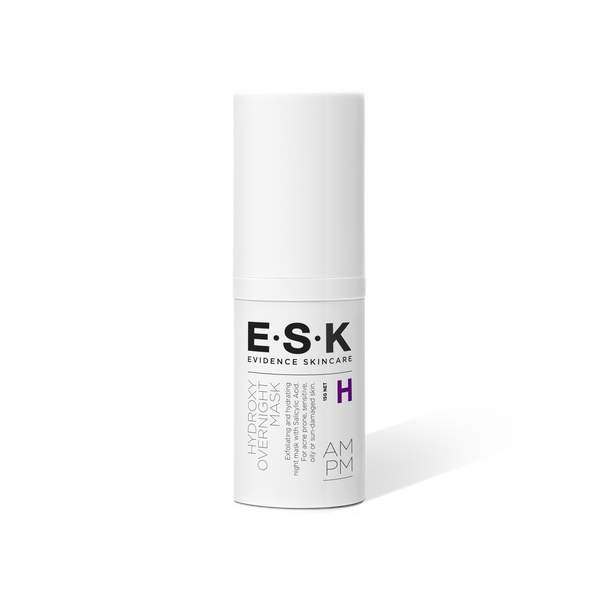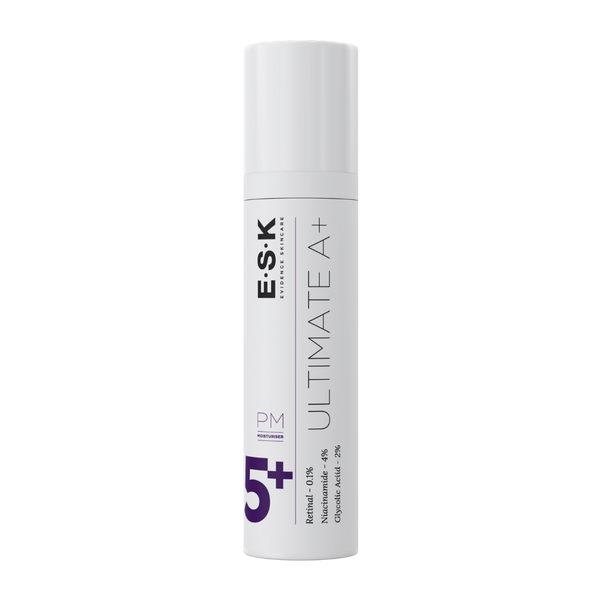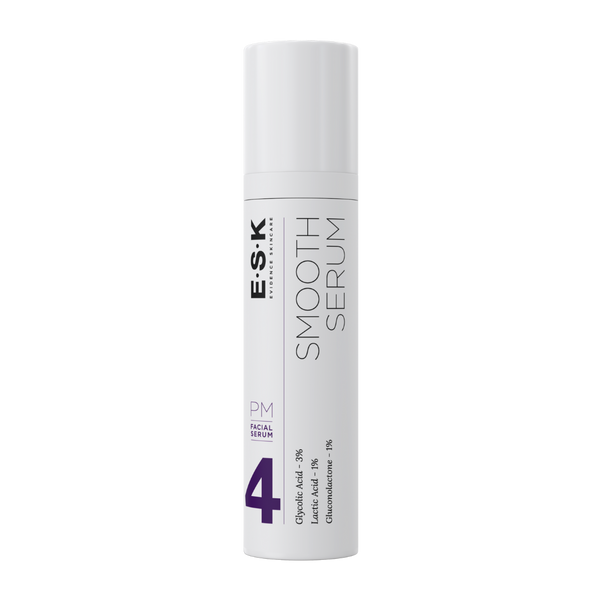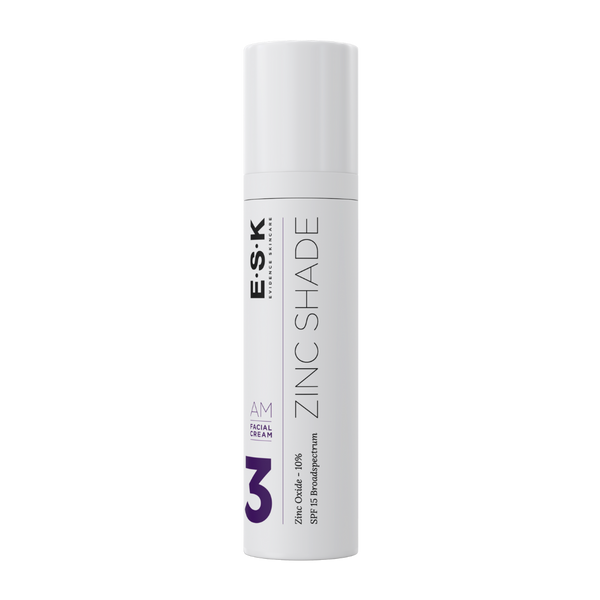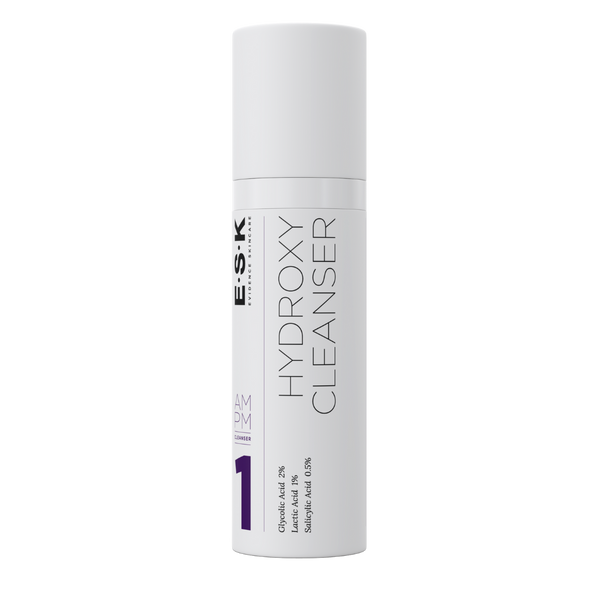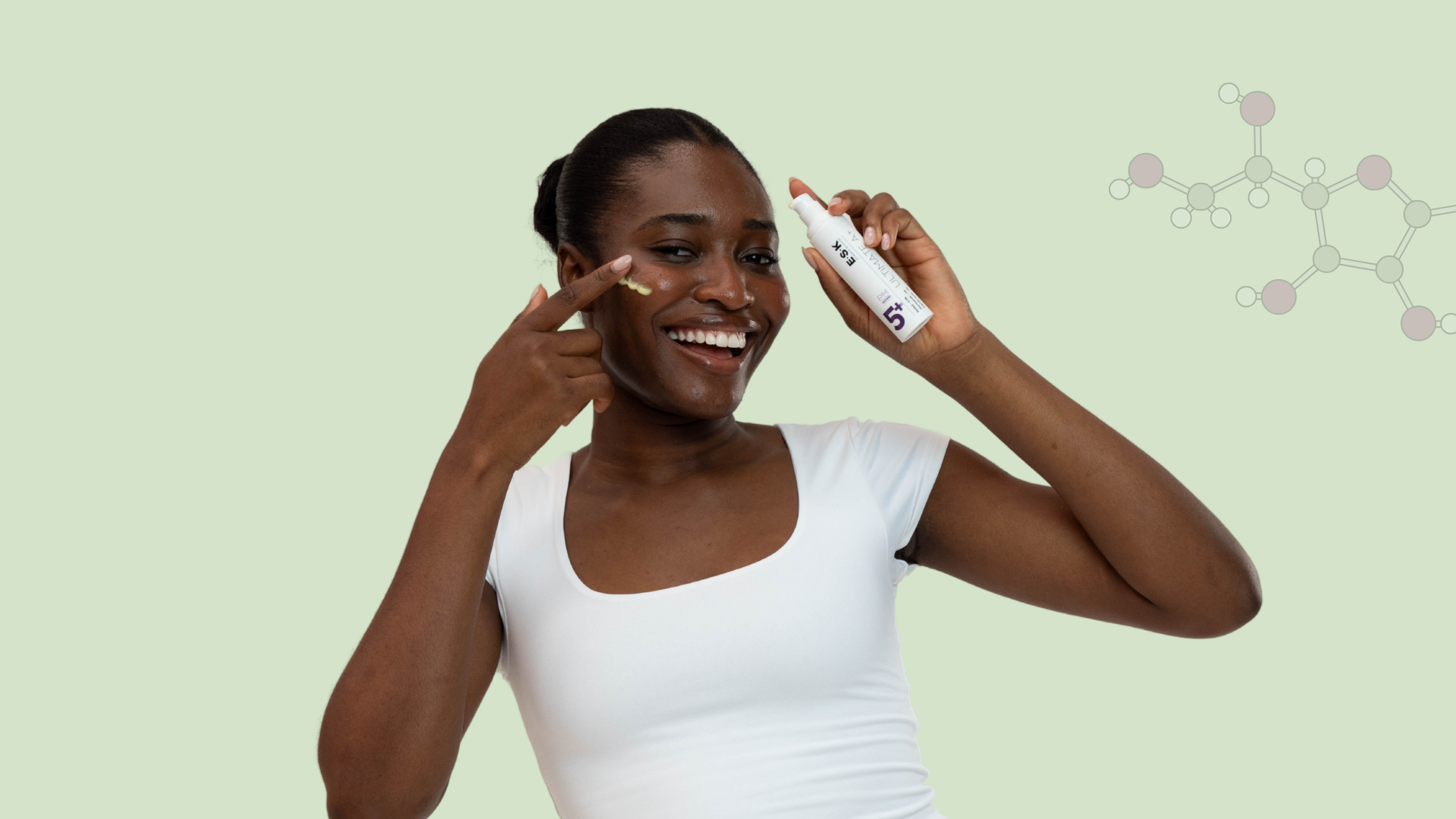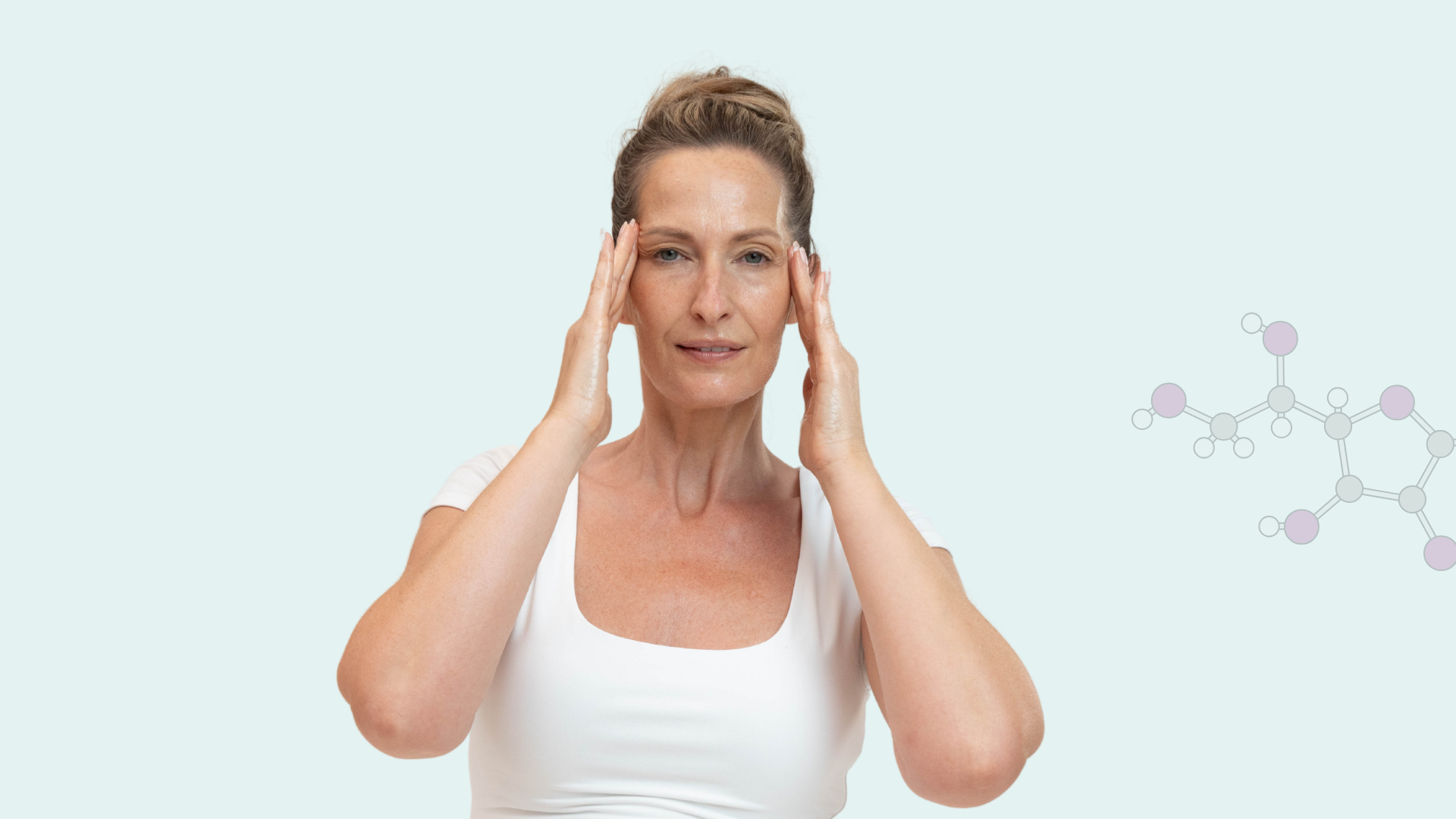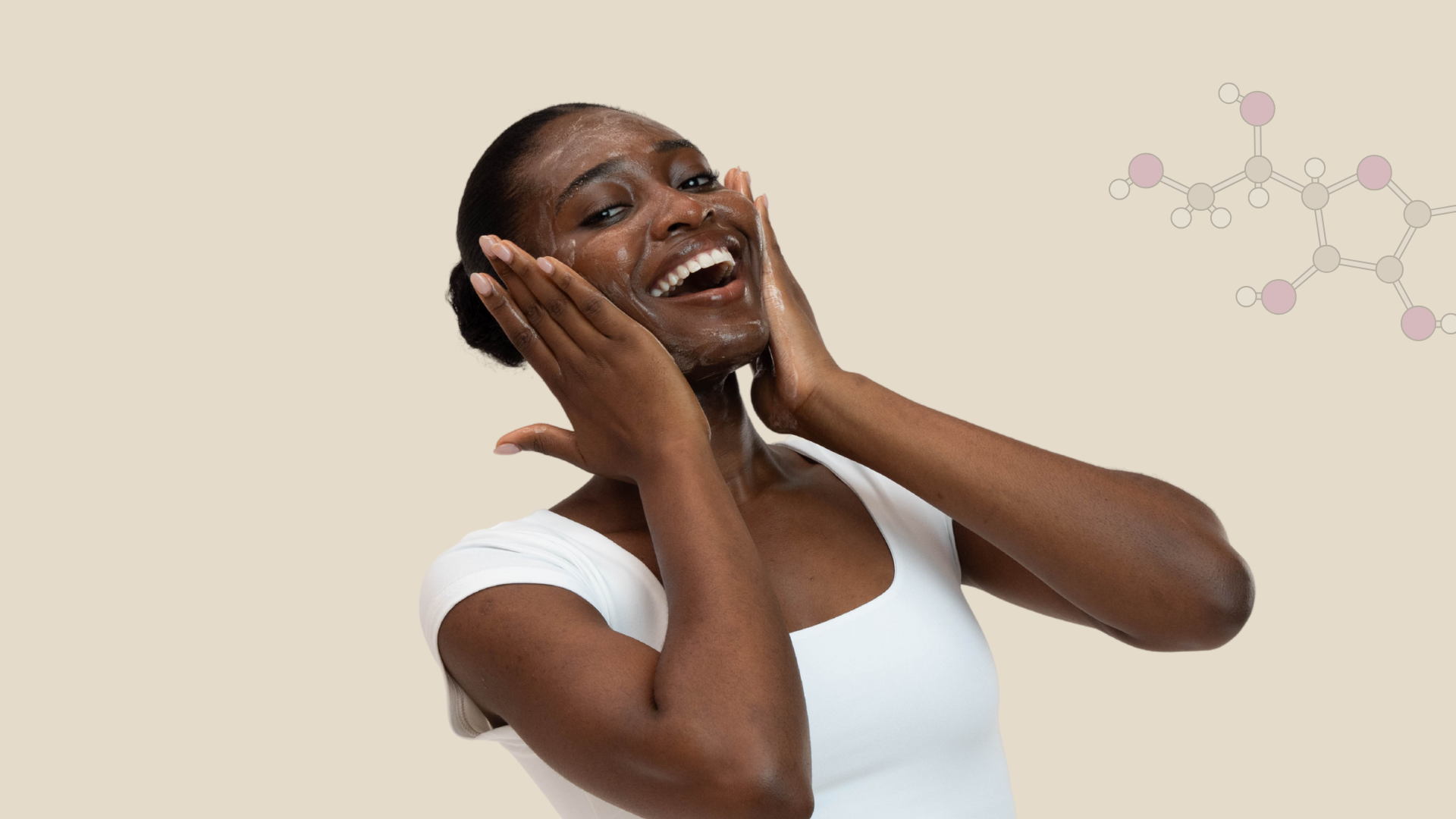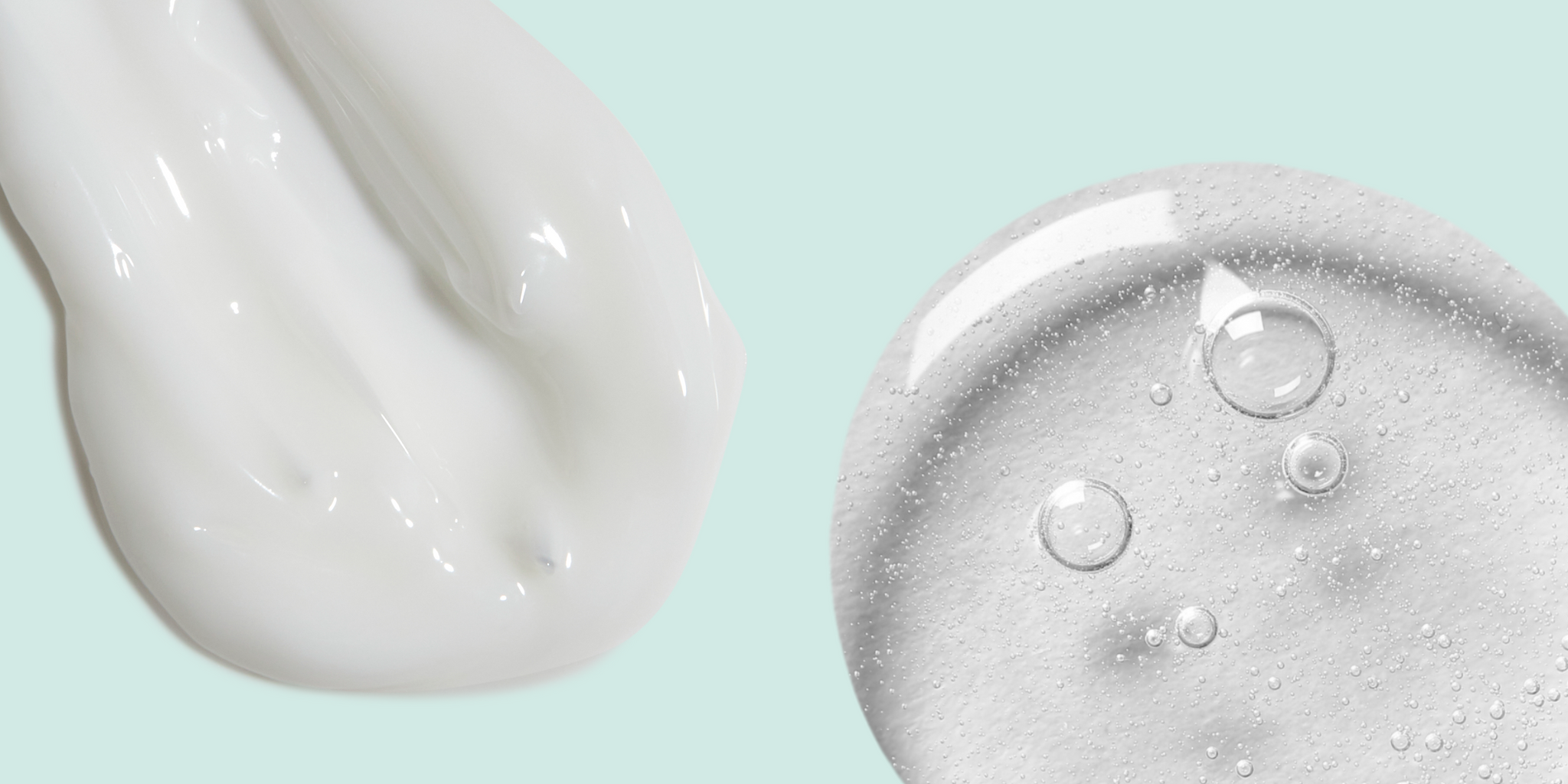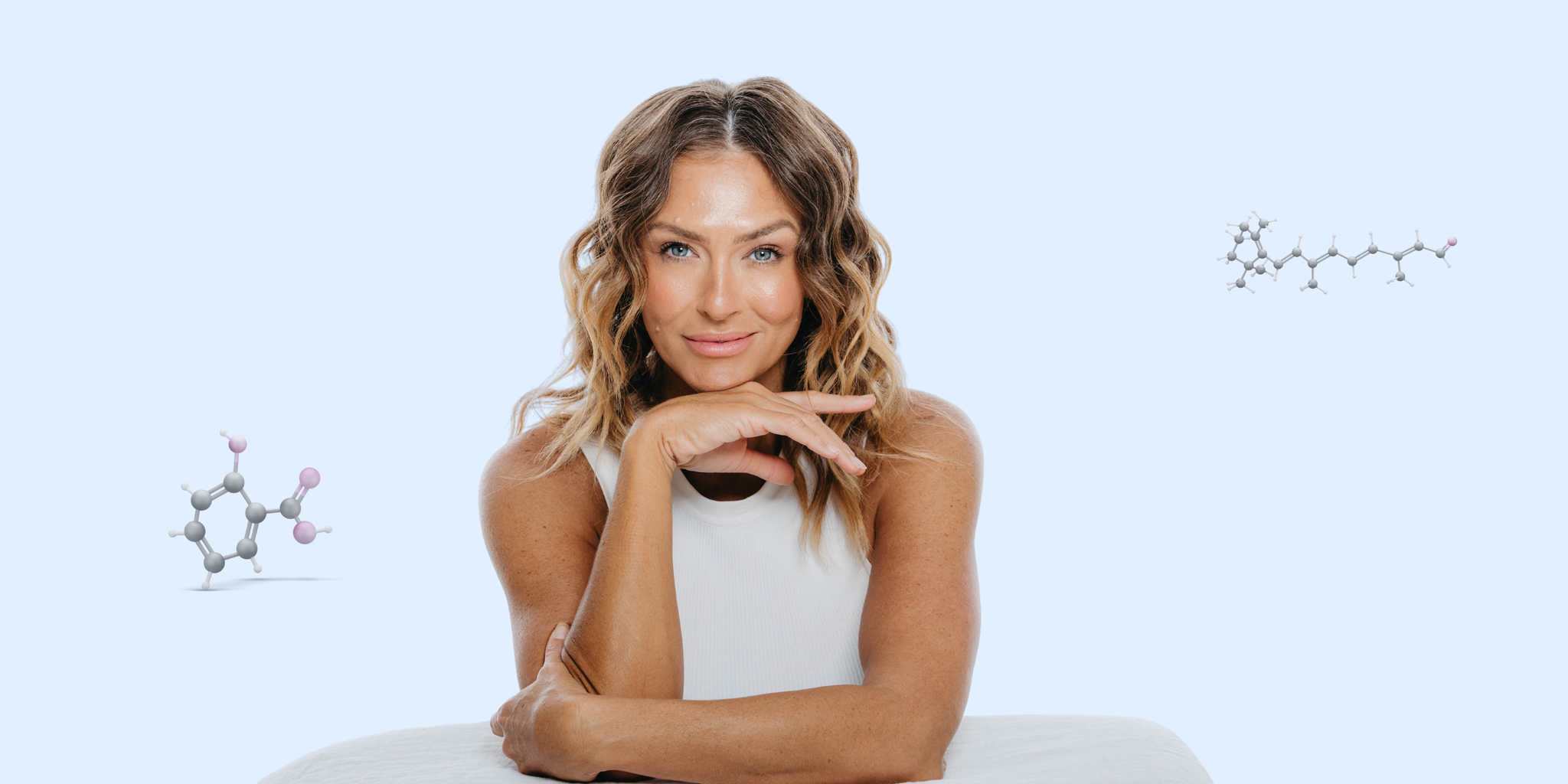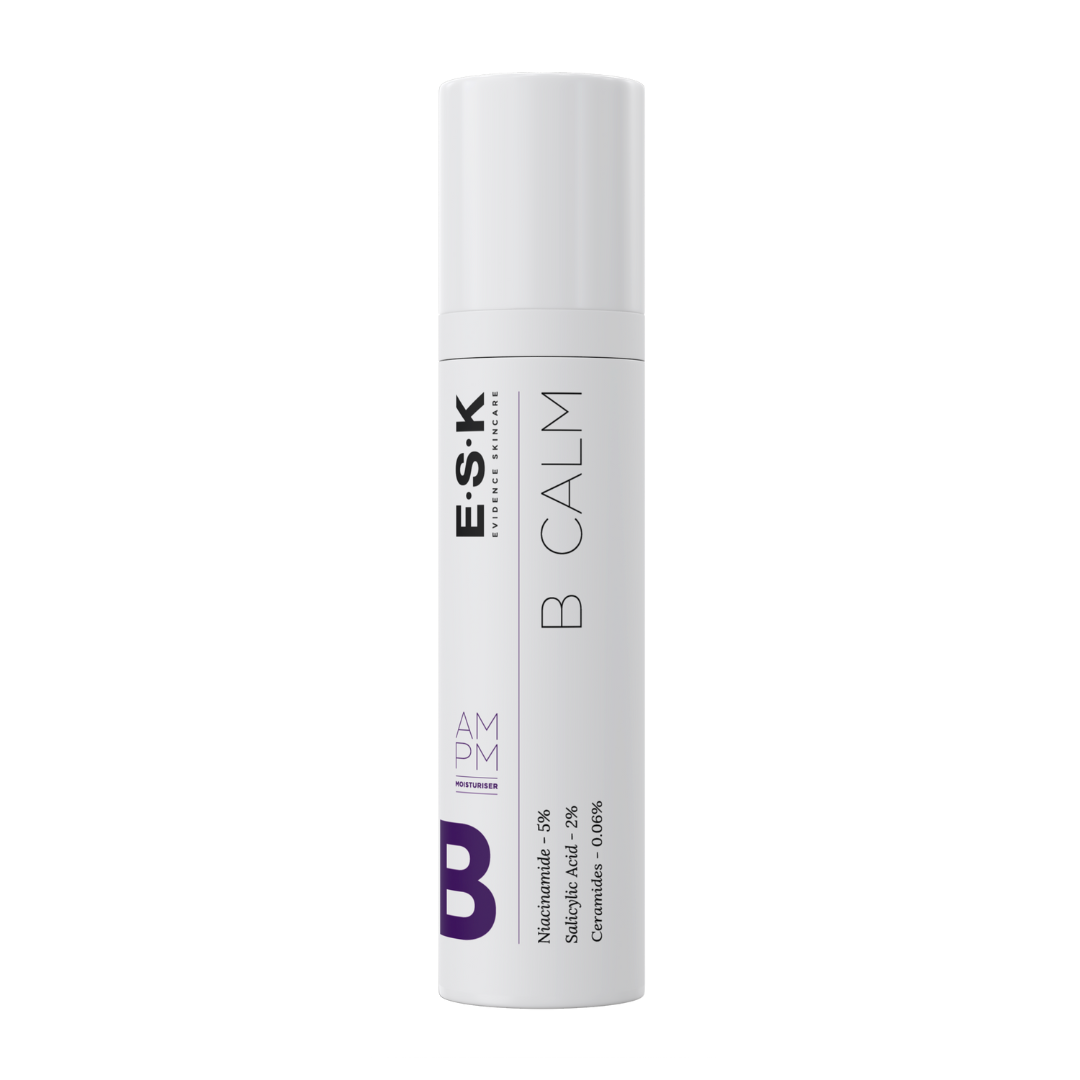
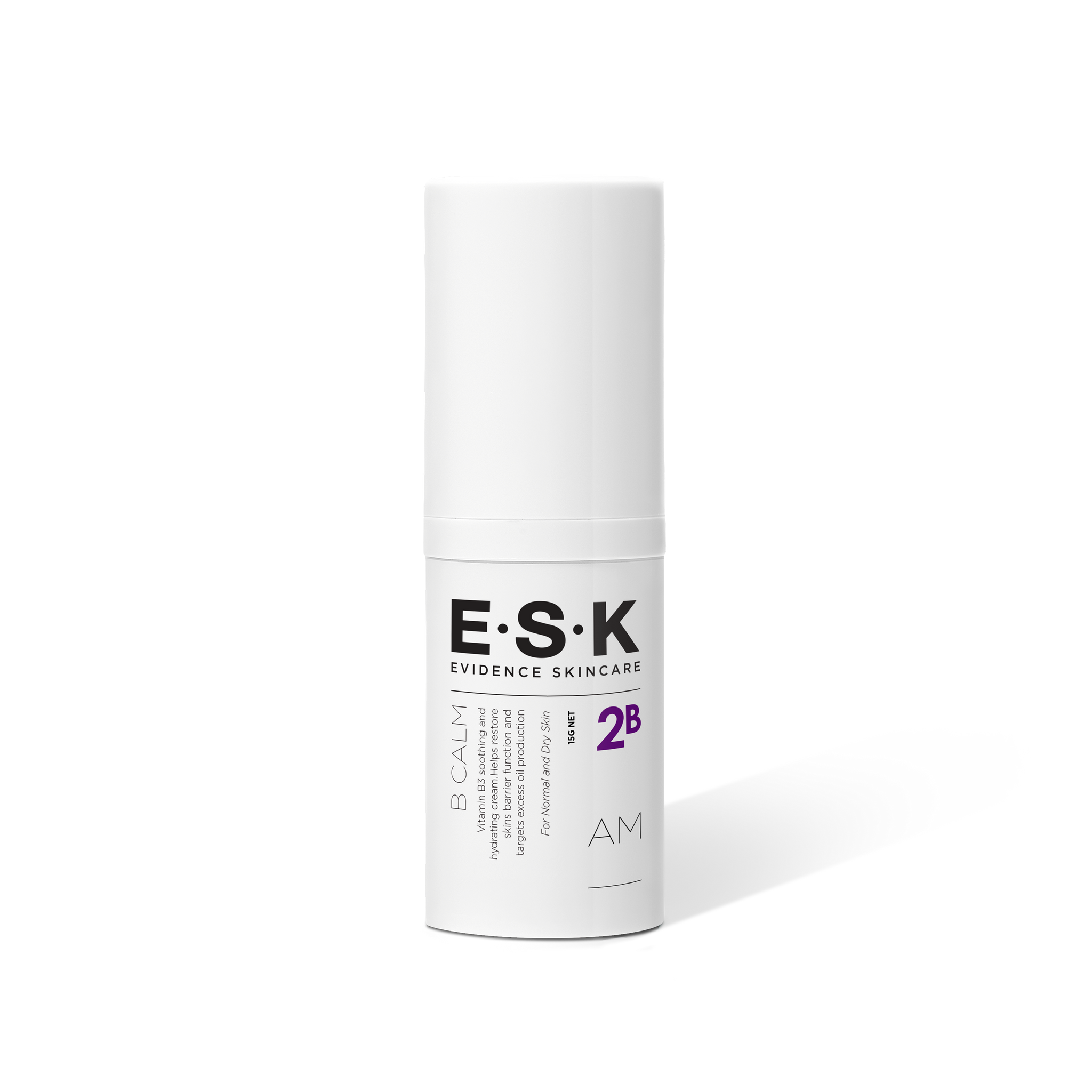
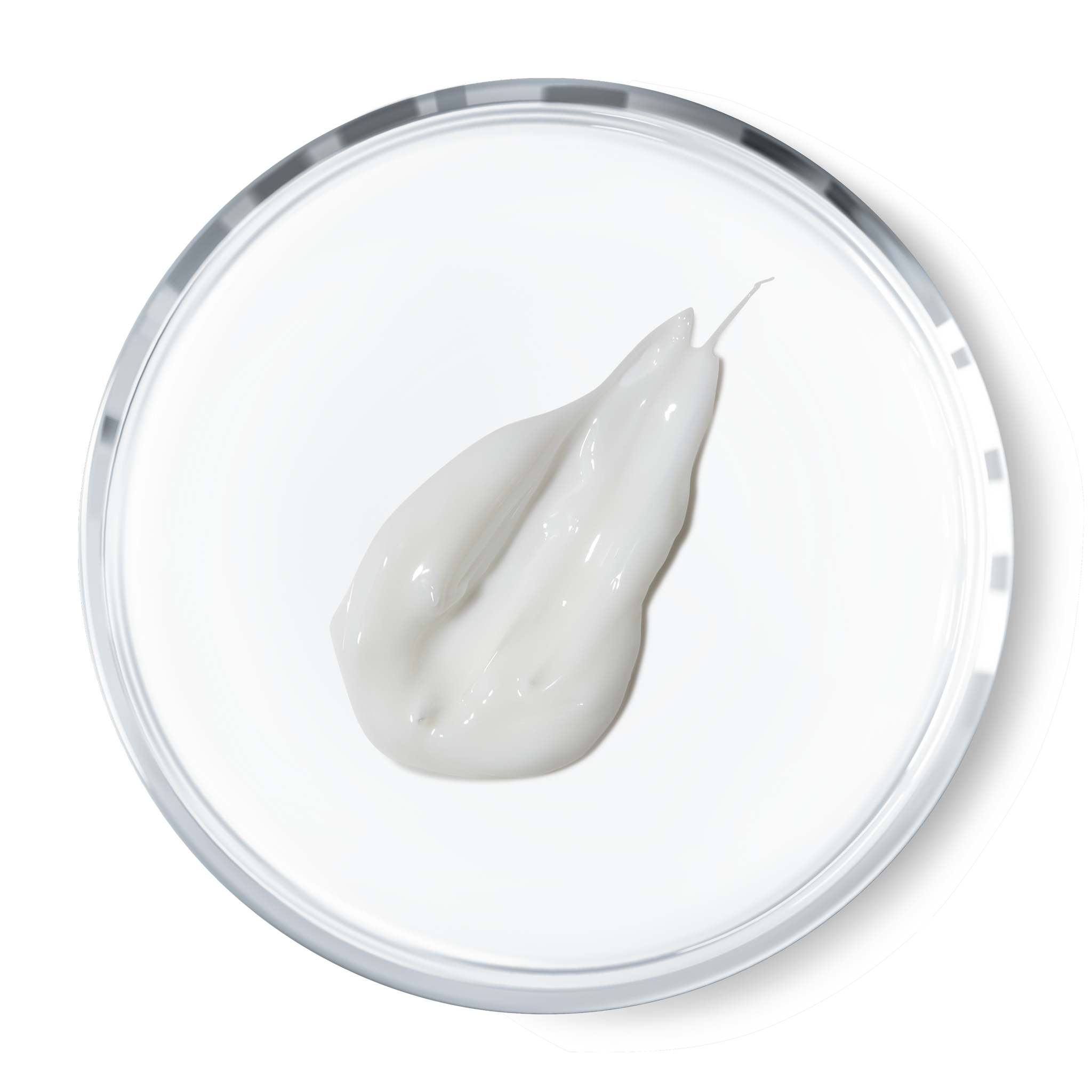
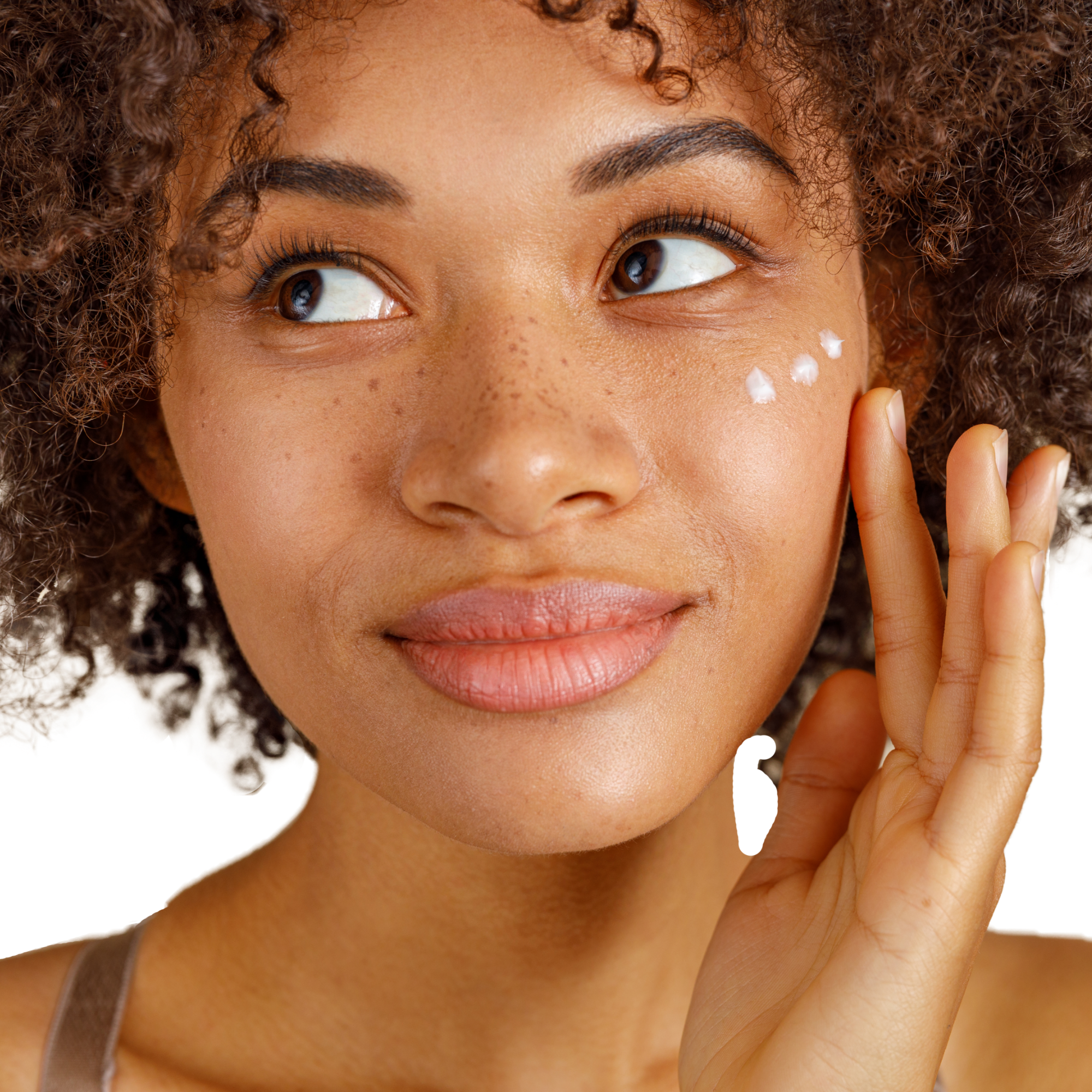
B Calm
B Calm Acne Cream is specially formulated to treat acne-prone skin while supporting a healthy skin barrier. Acne-prone skin often has a compromised barrier, leading to dryness beneath an oily surface. B Calm combines barrier-strengthening ceramides, which not only improve skin resilience but also help reduce breakouts. With salicylic acid to exfoliate, fight bacteria, and calm inflammation, B Calm targets pimples directly. Niacinamide (Vitamin B3) adds additional anti-inflammatory and antibacterial benefits while reducing excess oil production. This lightweight cream is gentle enough for daily use, making it an ideal solution for clearer, balanced, and healthier-looking skin.
Featuring;
-
Ingredients formulated for an improved skin barrier function
-
Powerful reduction in your skin’s oil production
Description
A light moisturising cream, for skin that is sensitive, oily or acne prone.
Vitamin B3 (5%) is an effective multi-purpose ingredient, having evidence for managing the skin’s natural oil production and improving acne and rosacea-symptoms. It also has evidence for improving the skin’s barrier function, reducing hyperpigmentation and acting as an anti-inflammatory agent. In addition, it has evidence for reducing the risk of skin cancer. Salicylic acid gently exfoliates the skin and has evidence for helping manage acne and reduces sun damage and some of the signs of premature aging.
Full Size - 50ml (lasts 3 - 4 months)
Travel Size - 15ml (lasts 3 - 4 weeks)
How do ceramides help acne-prone skin?
Acne often goes hand in hand with skin barrier dysfunction and reduced ceramide levels. Incorporating ceramides into B Calm helps to:
- Reduce dryness, inflammation and pimple count.
- Support a healthy skin barrier.
- Help keep your skin smooth and supple!
At Evidence Skincare (ESK), we’re passionate about staying at the cutting edge of scientific research. Recent studies have highlighted the incredible benefits of ceramides in treating acne. These essential fat molecules in the skin’s outer layer play a crucial role in maintaining a healthy skin barrier and reducing inflammation.
Evidence

Niacinamide
Manages Acne, Rosacea and eczema, reduces pigmentation and improves skin barrier function. An Anti-Oxidant, assists in repair of cell DNA, improves skin barrier function and manages the skin’s natural oil production increases skin elasticity and reduces pigmentation.

Salicylic Acid
Being related to Aspirin, Salicylic acid has anti-inflammatory properties and is generally well-tolerated. It exfoliates the skin and has been shown to be effective in reducing acne, managing some of the signs of premature (sun-induced) skin aging (especially hyperpigmentation) and psoriasis.
Emerging evidence

Ceramides
The emerging evidence suggests that smaller ceramides can improve the skin barrier function which helps with skin hydration and decreasing skin inflammation.
Usage
Apply 1 – 2 pumps to fingertips and apply to face before sunscreen in the morning. Also for use on décolletage, back of hands and forearms.
Ingredients
Water/Aqua, Propylene Glycol, Niacinamide, Caprylic/Capric Triglyceride, Cetearyl Alcohol, Glycerin, Ethoxydiglycol, Glyceryl Stearate, Coco-Caprylate, Salicylic Acid, Butyrospermum Parkii (Shea) Butter, Dimethicone, α-Bisabolol, Natural, PEG-100 Stearate, Phenoxyethanol, Ascorbyl Tetraisopalmitate, Caprylyl Glycol, Sodium Lauroyl Lactylate, Allantoin, Carbomer, Disodium EDTA, Pentylene Glycol, Tocopheryl Acetate, Citric Acid, Fructose, Sodium Hydroxide, Urea, Ceramide NP, Ceramide AP, Ceramide EOP, Phytosphingosine, Cholesterol, Xanthan Gum, Maltose, Sodium Chloride, Sodium Lactate, Sodium PCA, Trehalose, Glucose, Sodium Hyaluronate
Does Retinol Help with Acne?
Vitamin A (retinoids) are among the best topicals for treating acne. Retinoids work by helping to increase skin cell turnover, reducing the risk of dead skin cells blocking pores which is the first step in a process which ends in breakouts. Retinoids are also comedolytic (pimple busting) and anti-inflammatory. Of the over the counter retinoids, retinal (AKA retinaldehyde) is the most effective and the least irritating form of Vitamin A. In order for Retinoids to work they need to convert into Retinoic Acid. Retinal requires a one step conversion to become Retinoic Acid. And while it is as effective as Retinoic Acid, it is very well tolerated. Retinol, requires a two step conversion. The first step, a conversion into Retinal, is very inefficient, requiring an estimated 10 units of Retinol to convert into 1 unit of Retinal. That inefficiency requires a higher, often irritating concentration, of Retinol and a less effective outcome. Retinoids are available in various concentrations over the counter and by prescription, but stronger retinoids increase the chances of dryness, irritation and peeling.
Do Moisturisers Help with Acne?
Evidence suggests that maintaining a healthy skin barrier and avoiding trans-epidermal water loss (TEWL), where moisture evaporates too quickly from the surface of the skin, is an important factor in keeping acne at bay. In fact, while acne is usually associated with oily skin, people with acne usually have dry skin (ie. it is lacking in water). If acne prone skin sees excess oil production dry up too quickly, the dryness of the underlying skin can become a problem, increasing irritation and inflammation. Using a gentle cleanser followed by a non occlusive moisturiser can reduce the risk of dryness and irritation. Which is why most experts recommend non comedogenic (non pore clogging) moisturisers as part of your anti-acne regime.
Can Drinking Water Cure Acne?
Staying hydrated is great for overall health and wellbeing, including for your skin. However, there isn’t anyevidence to suggest that drinking more water than needed will lead to dramatic improvements in your skin.
Does Niacinamide Help Acne?
Niacinamide (AKA Vitamin B3) has a large body of evidence backing its anti-inflammatory and antibacterial effects, as well as its potential to reduce sebum or oil production. It can also improve important skin barrier function by preventing water loss through the epidermis (the outer skin layer). With all of those abilities, Niacinamide has been tested successfully in the management of acne. It is usually used in combination with more effective acne treating ingredients like retinoids.
What Is the Best Sunscreen for Acne?
Using sunscreen every day is important for anyone with acne (and anyone in general), as sunburn and sun damage can increase skin inflammation, exacerbating acne. e. For people with acne, using a sunscreen that is non-comedogenic (non pore clogging) is highly recommended, it can just be difficult to find one that suits you. Most dermatologists recommend using an inorganic Zinc based sunscreen.

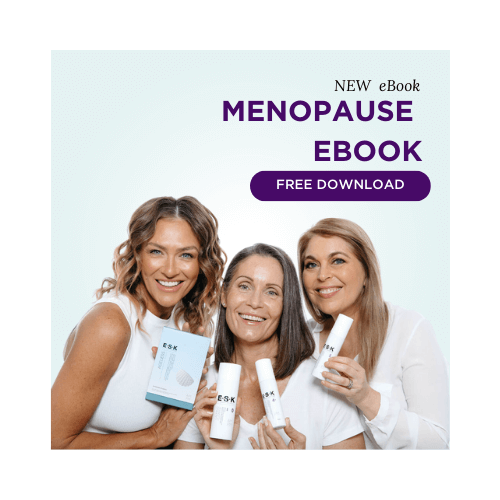
.jpg?v=1678930539812&options=w_2048)
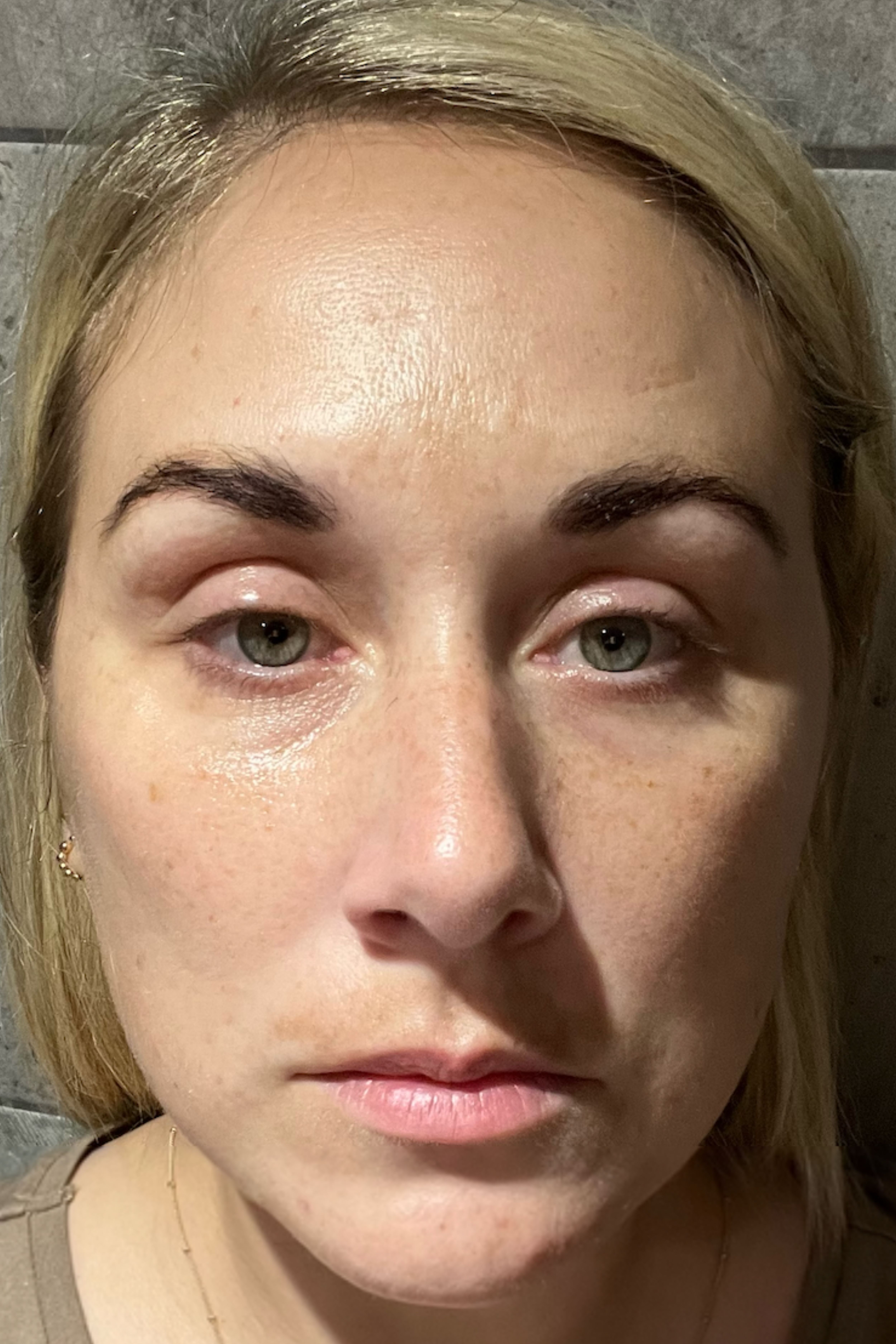
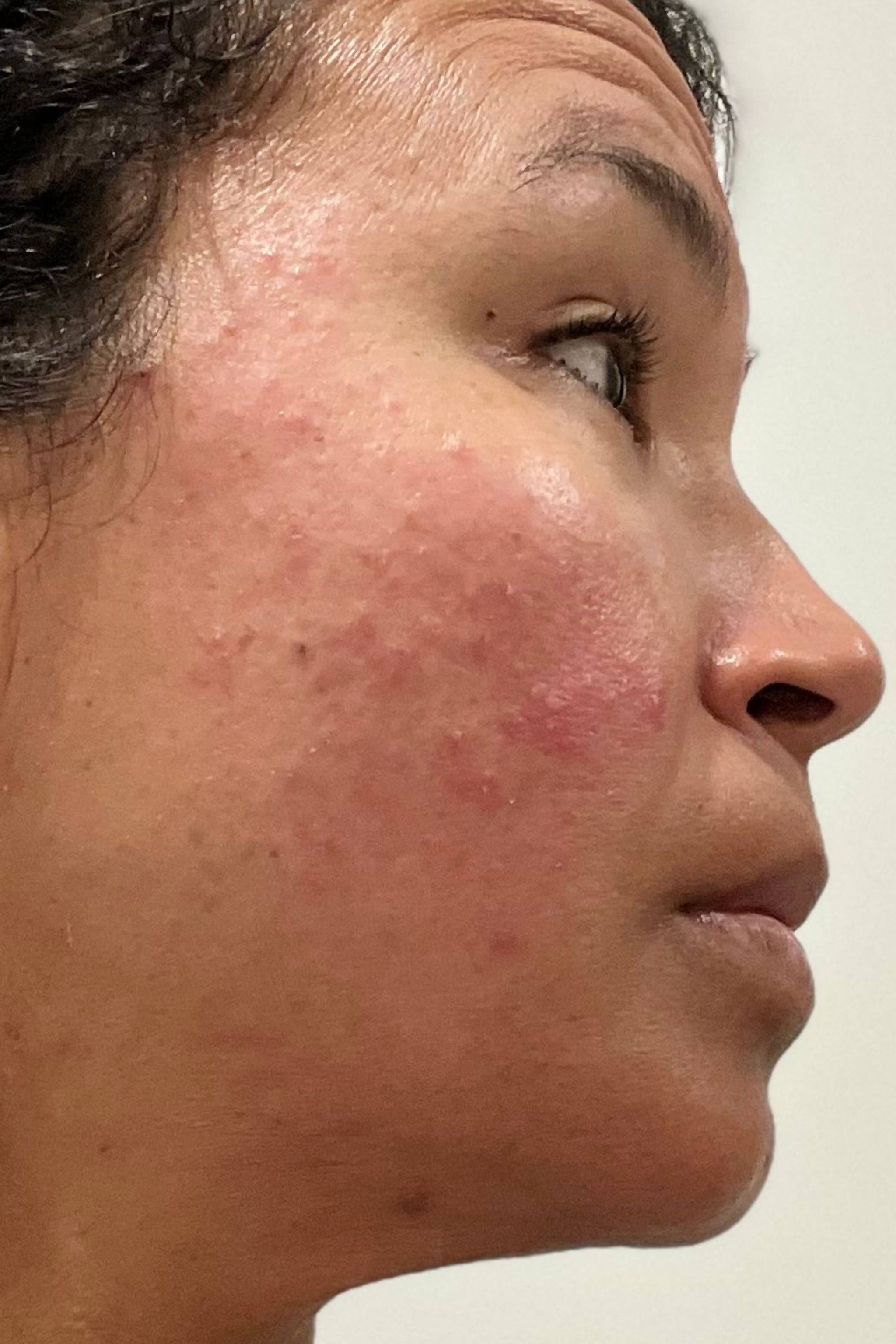
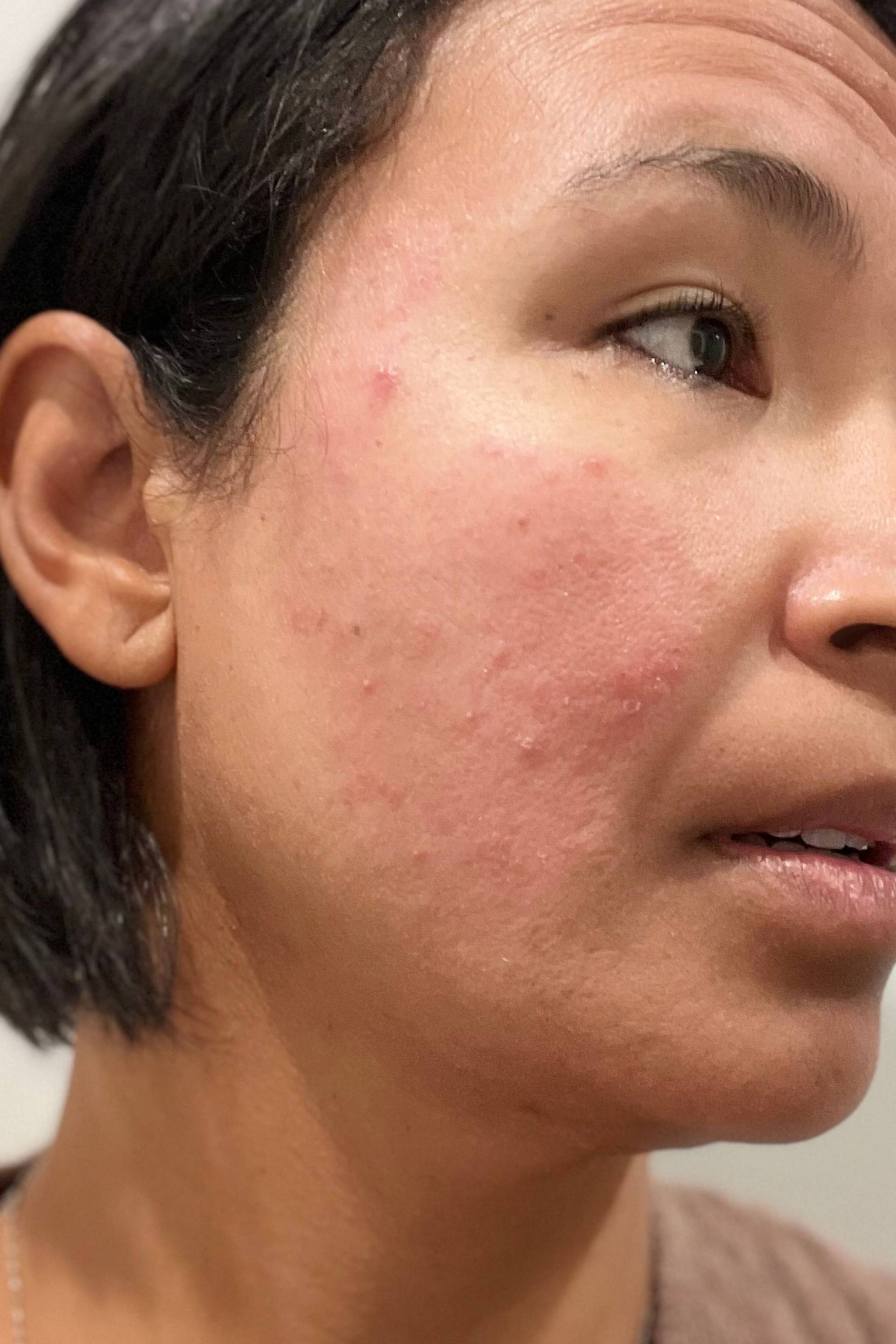
.jpeg%3Fv%3D0&c_options=w_2048)
.jpeg%3Fv%3D0&c_options=w_2048)
.jpg?v=0&options=w_2048)
.jpg?v=0&options=w_2048)
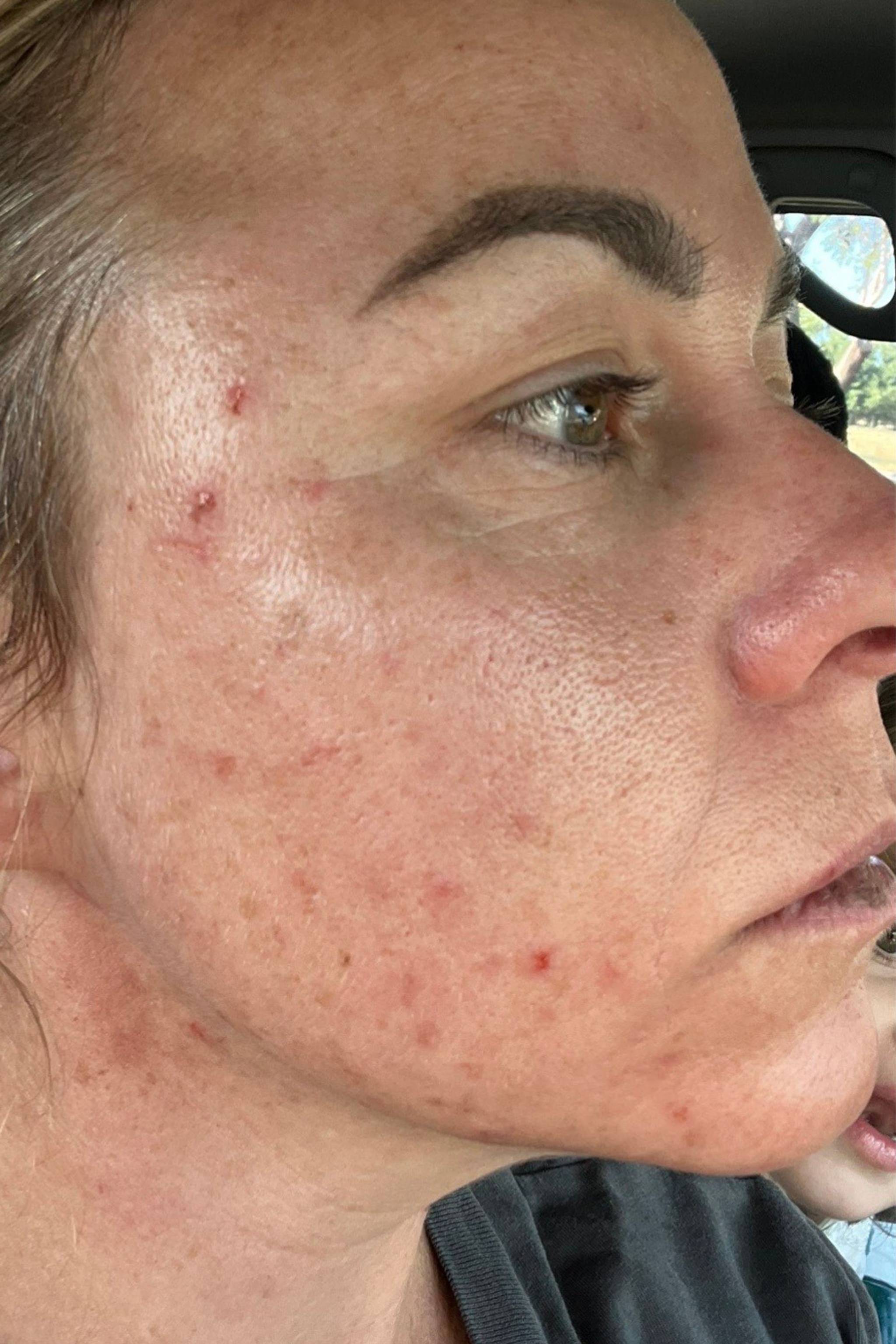
.jpg?v=1687408842778&options=w_2048)
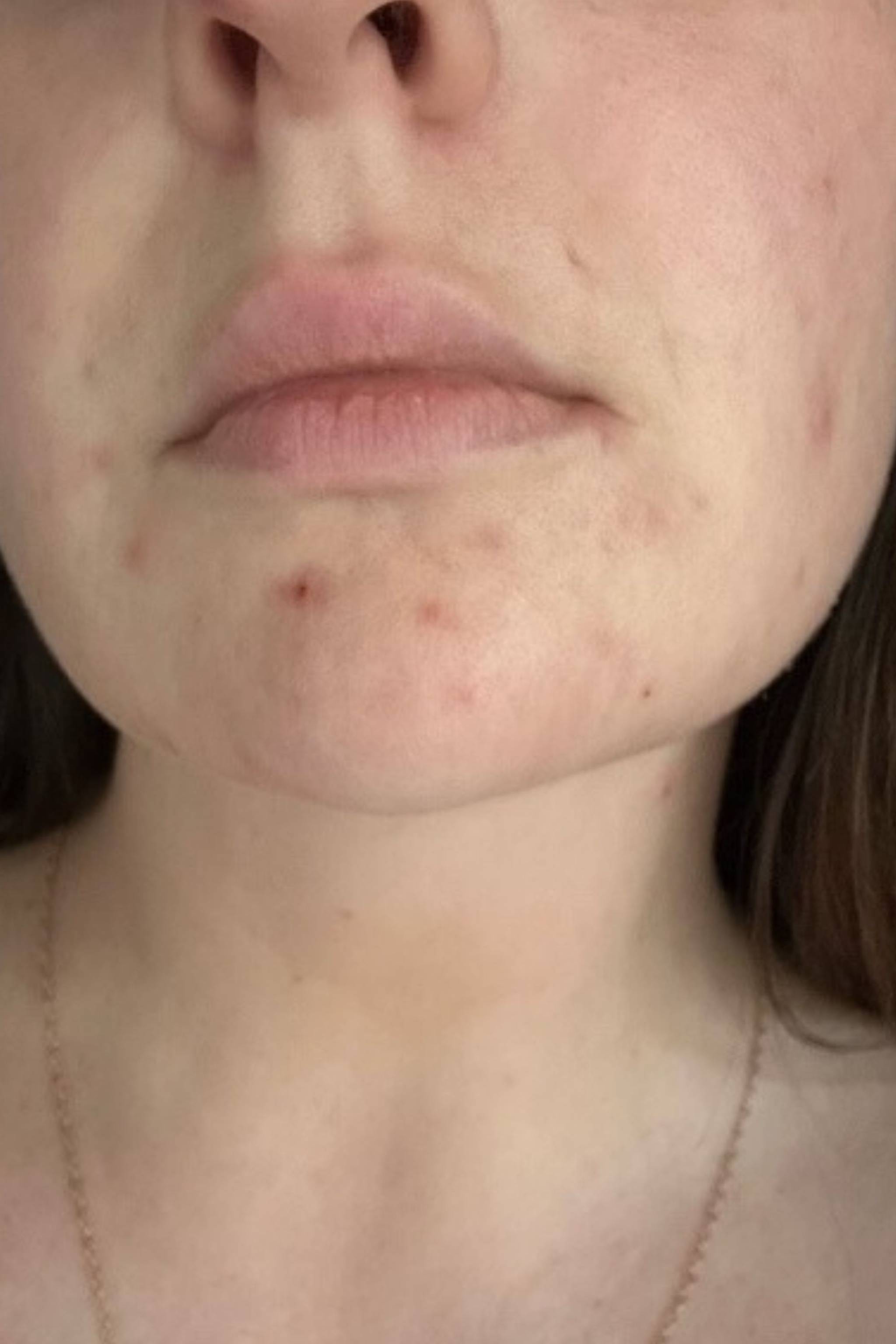
.jpg?v=1687411344929&options=w_2048)
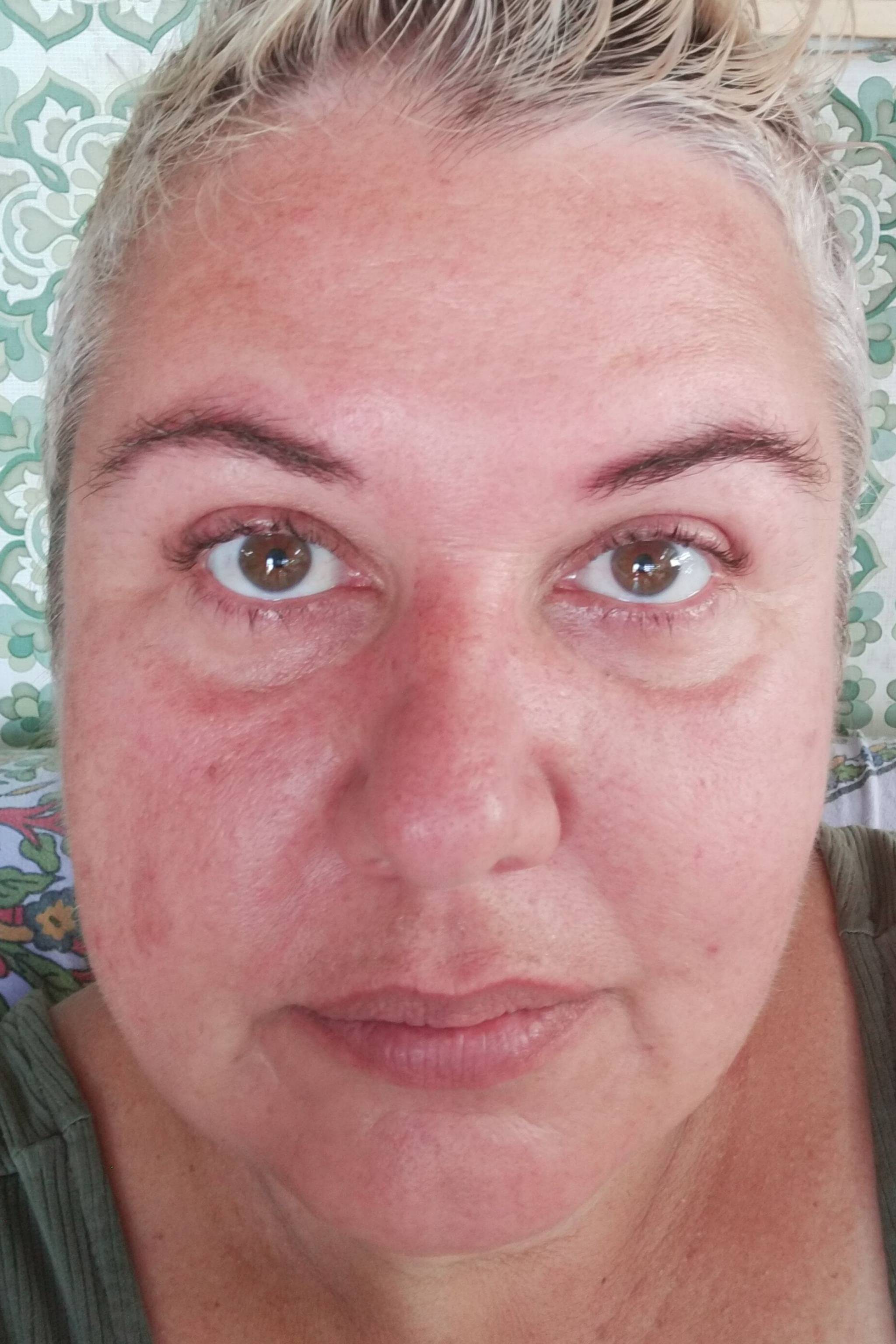
.jpg?v=1687411011532&options=w_2048)
.jpg?v=0&options=w_2048)
.jpg?v=0&options=w_2048)
.jpg?v=0&options=w_2048)
.jpg?v=0&options=w_2048)
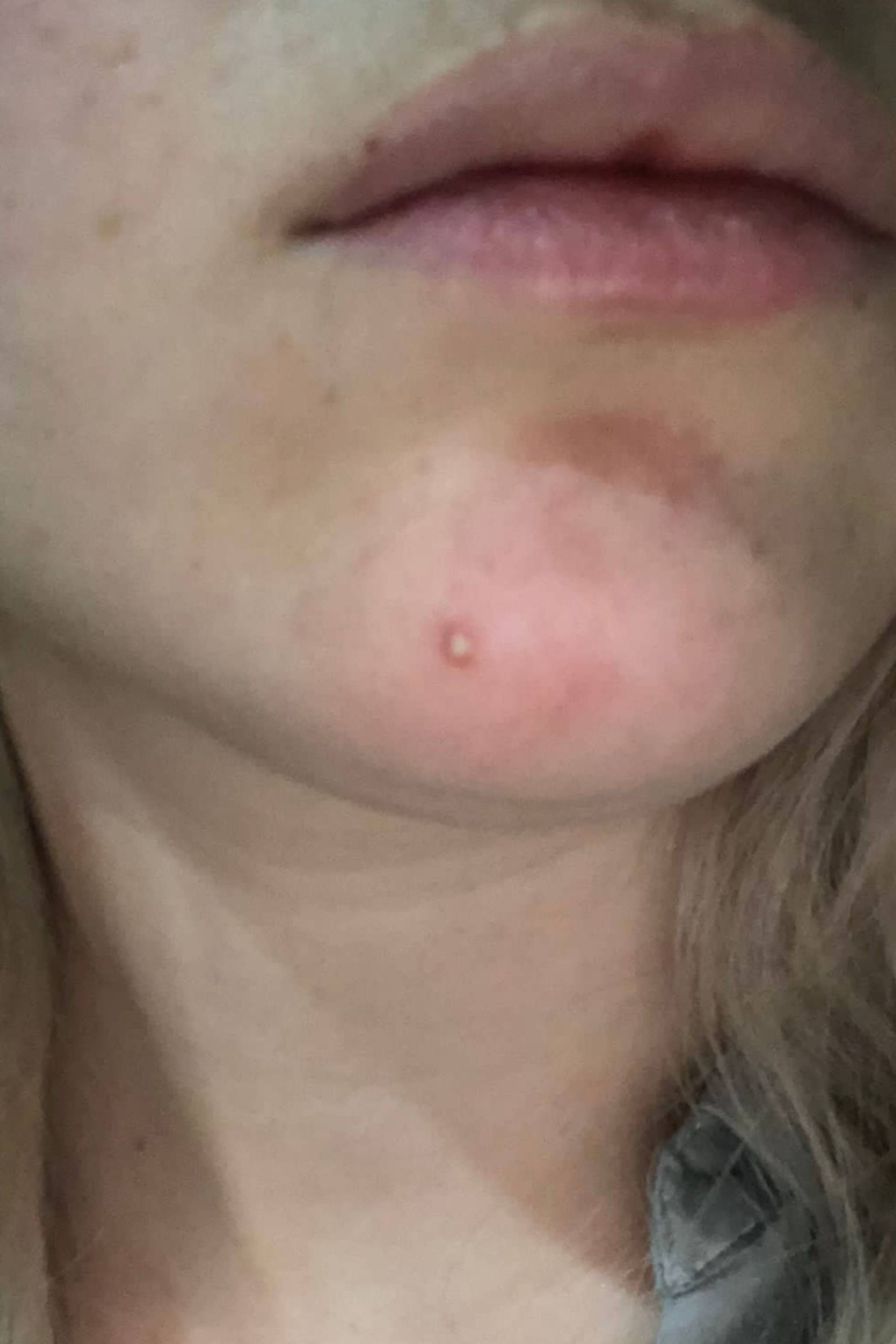
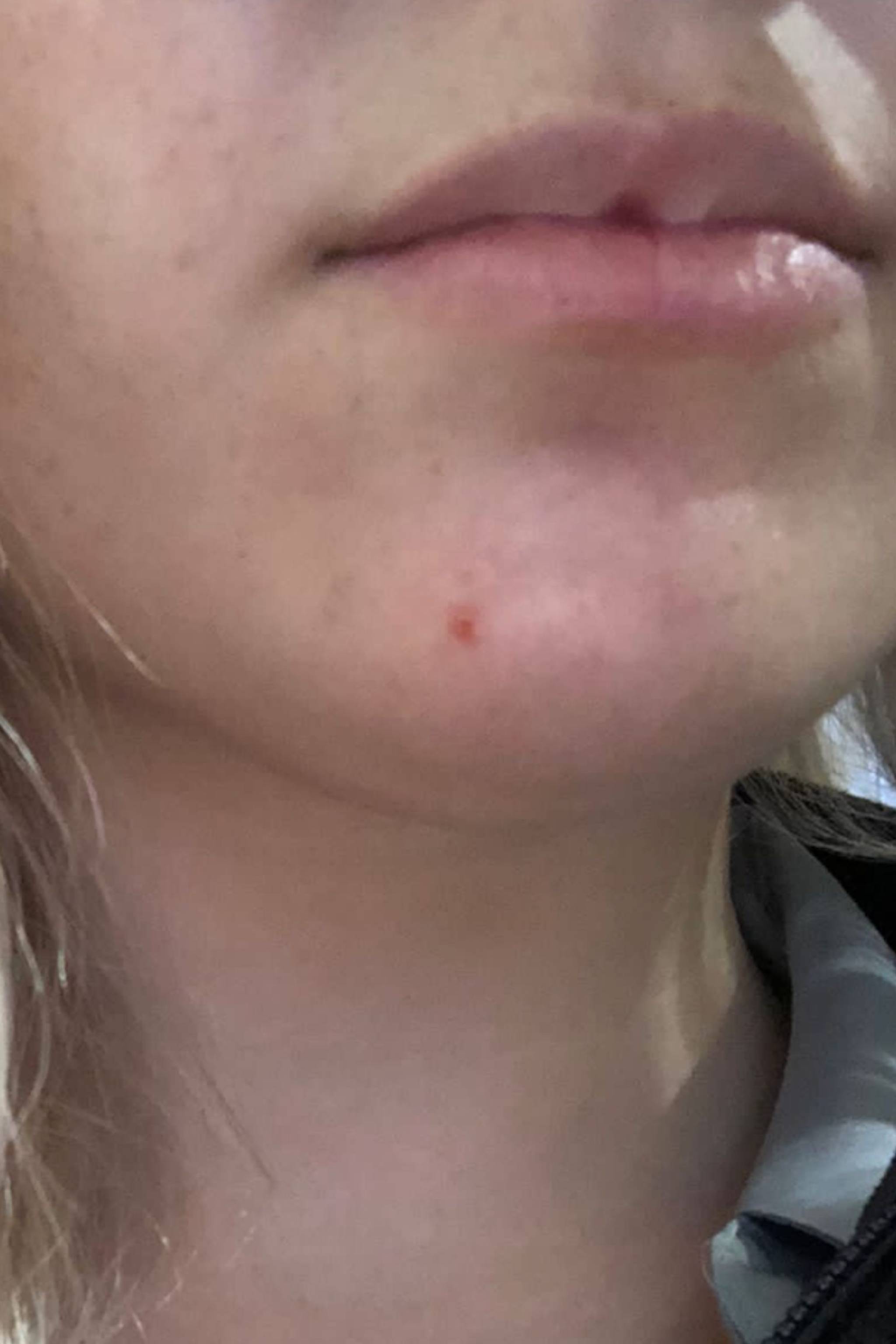
.jpg%3Fv%3D0&c_options=w_2048)
.jpg%3Fv%3D0&c_options=w_2048)
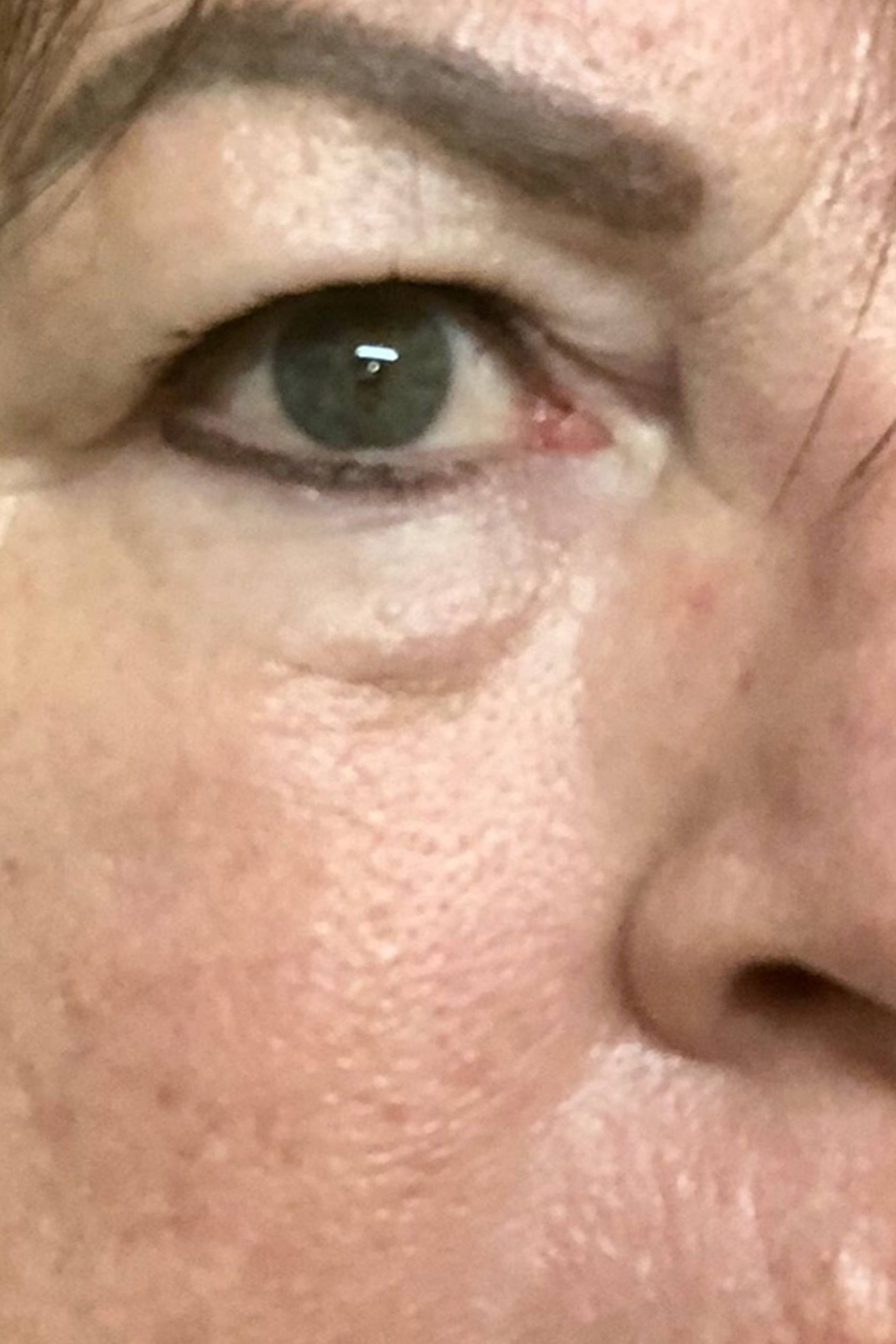
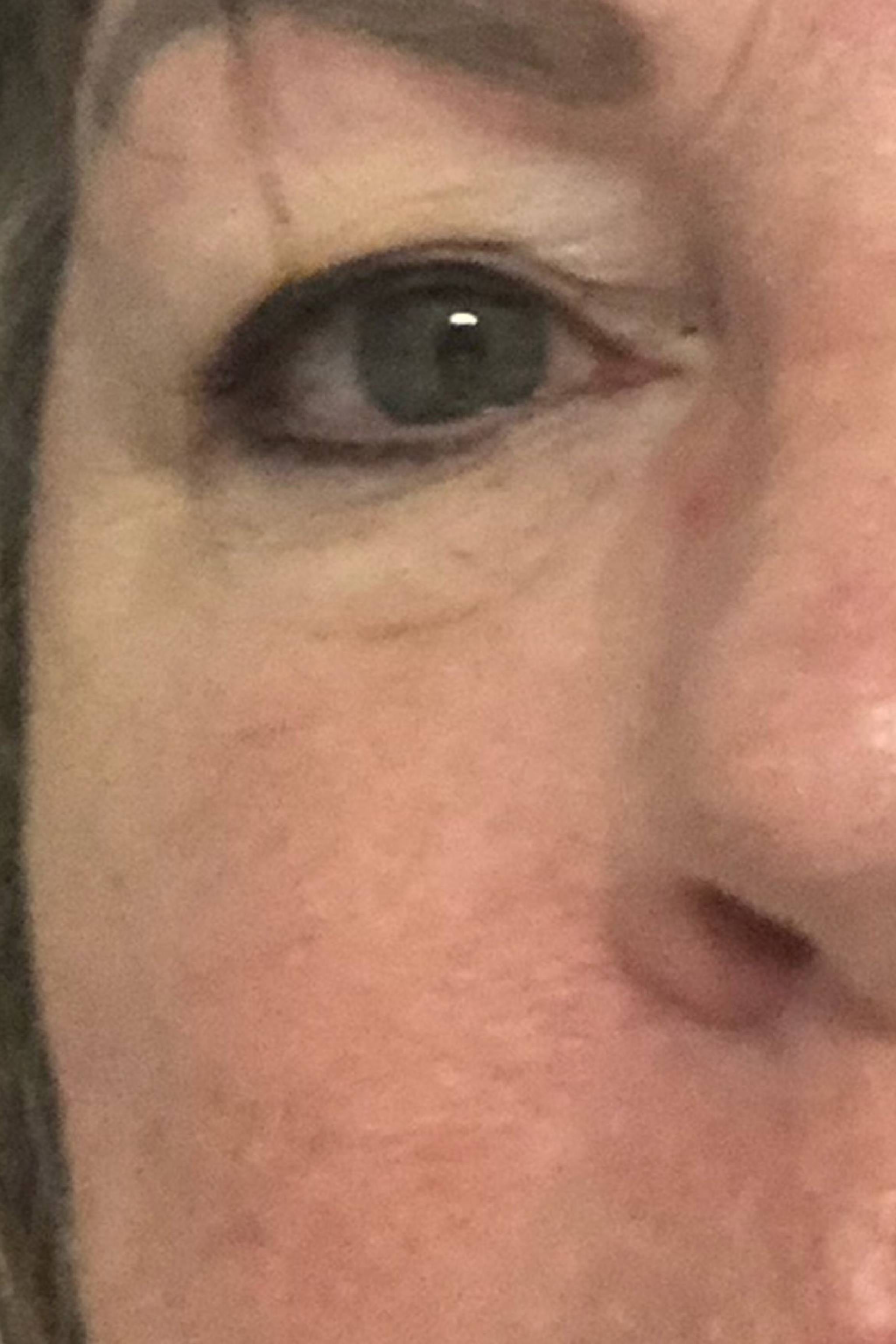
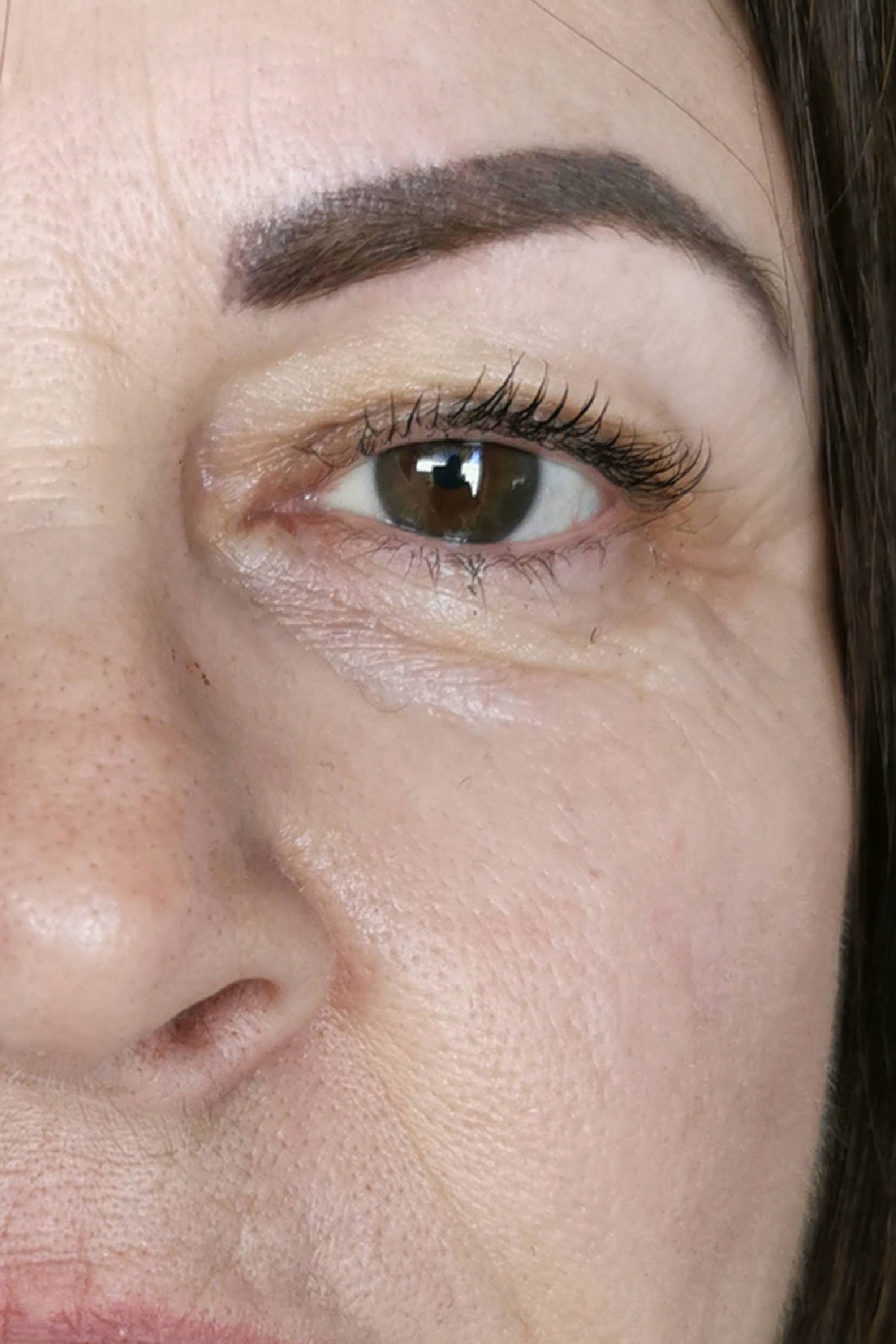
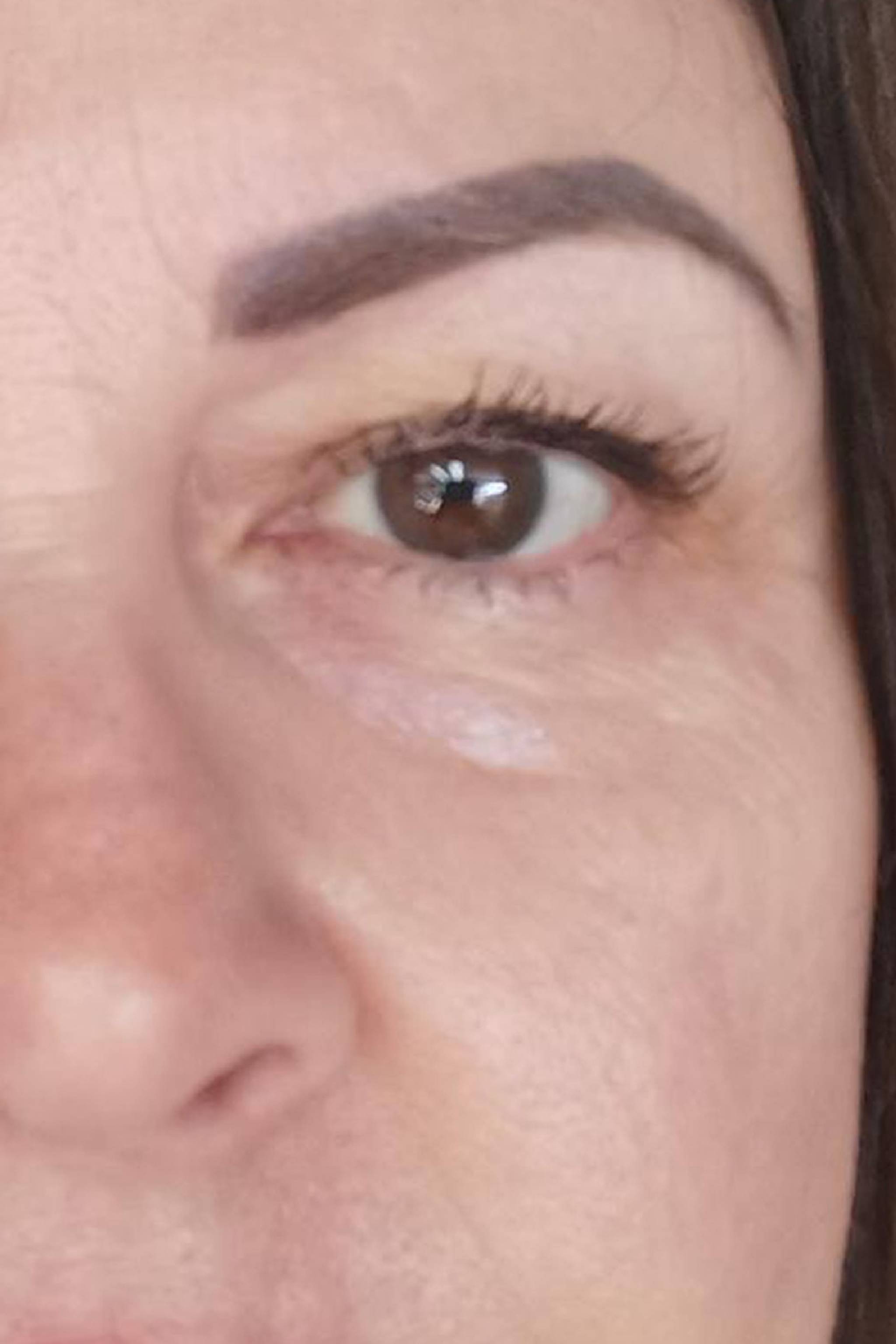
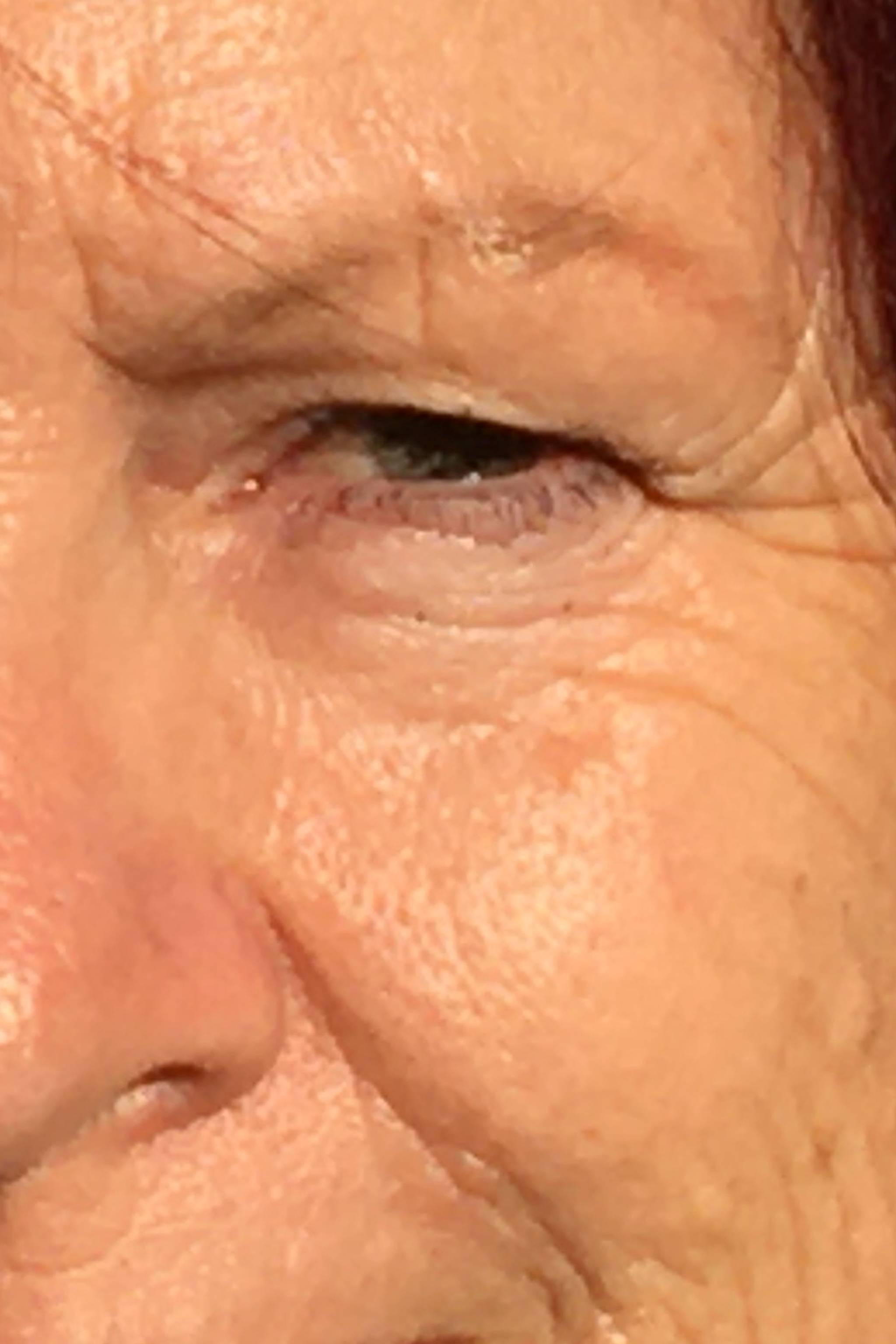
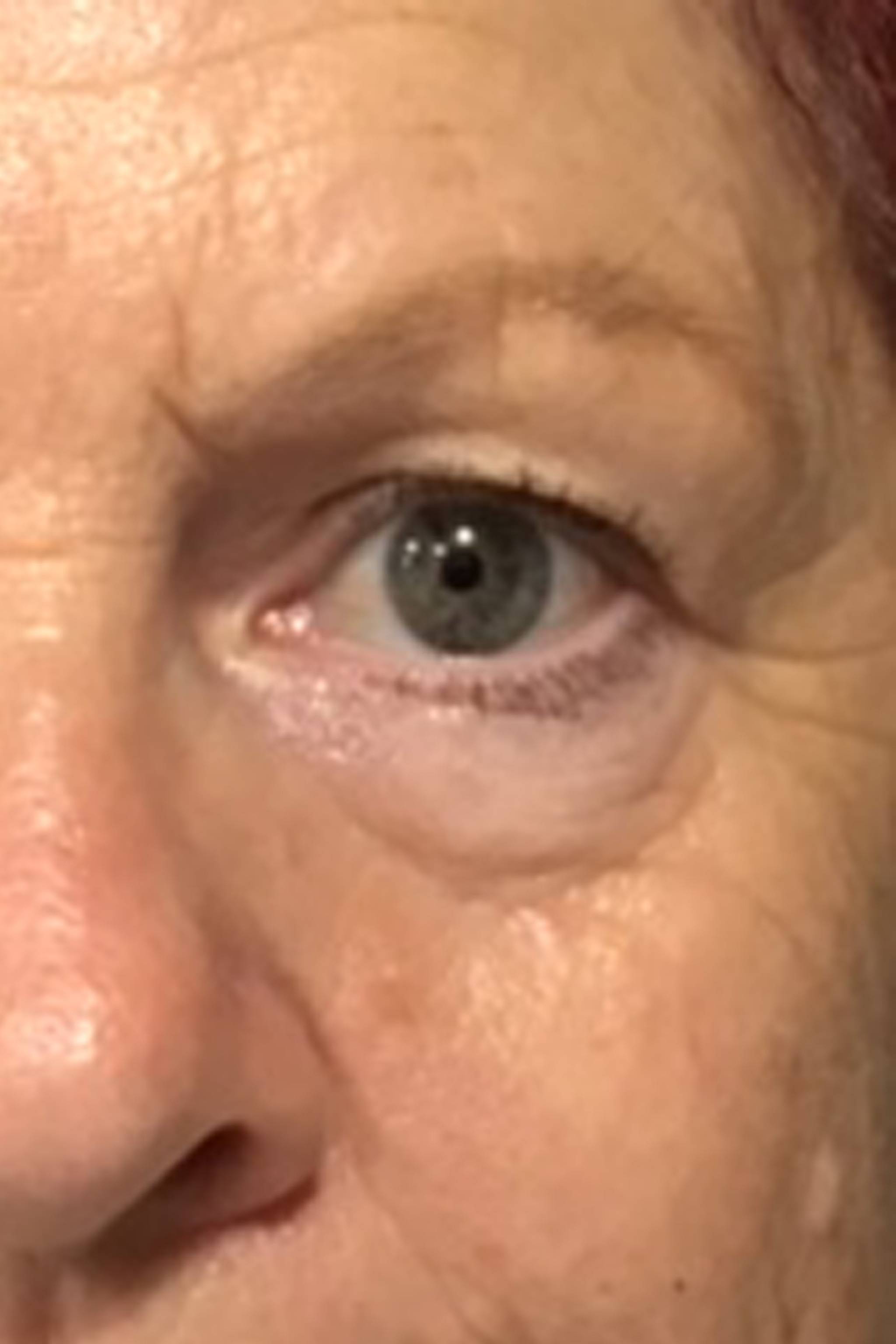
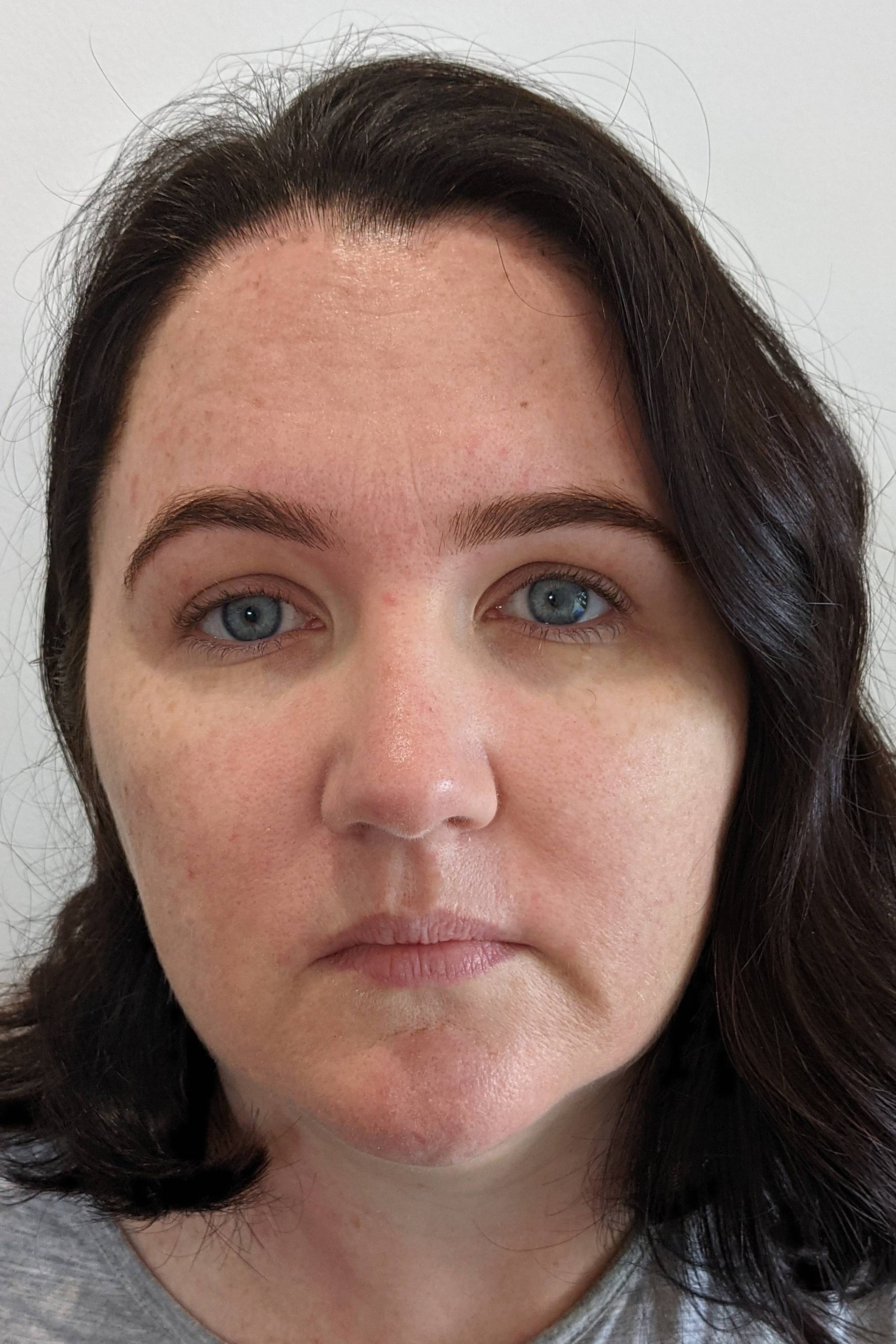
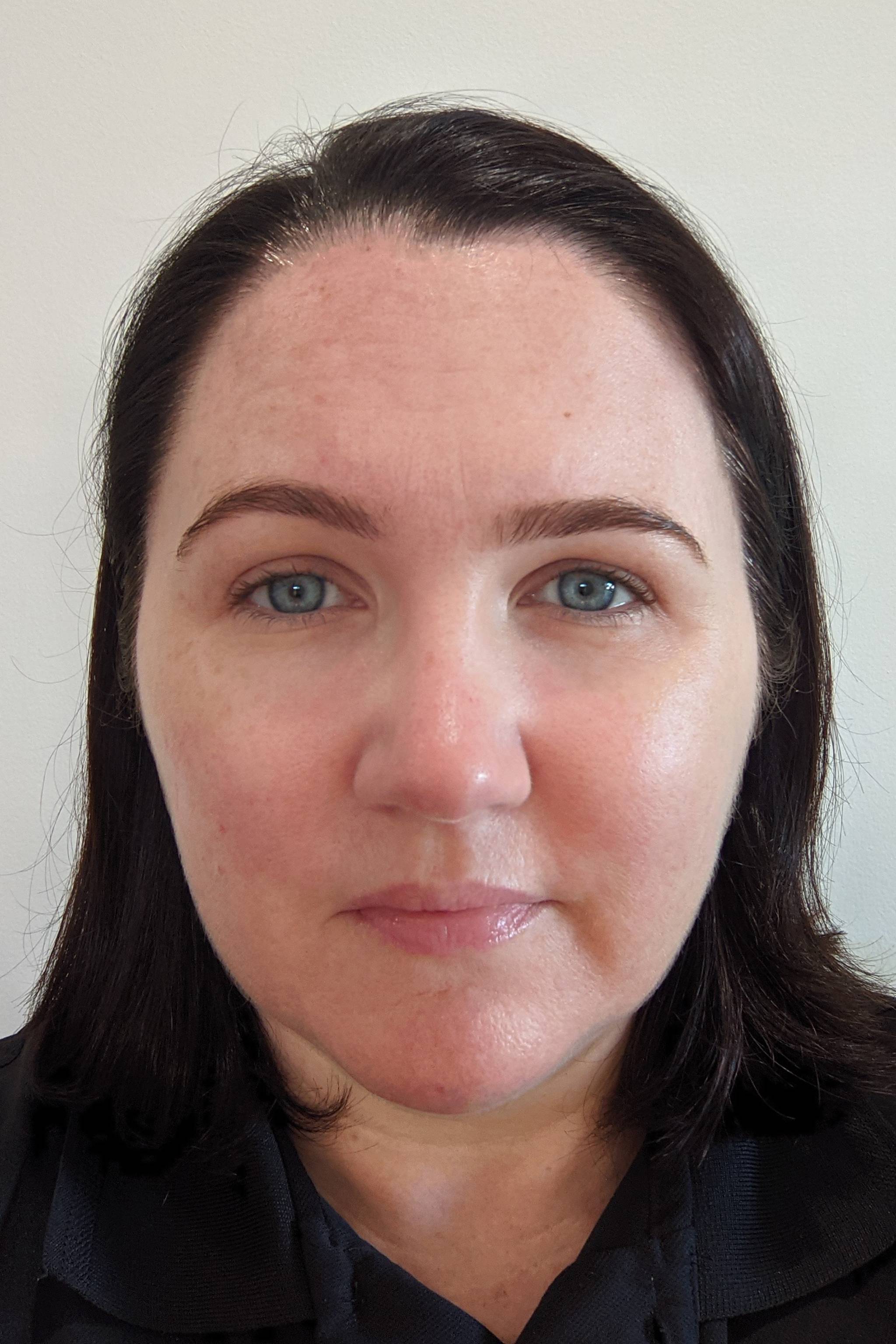
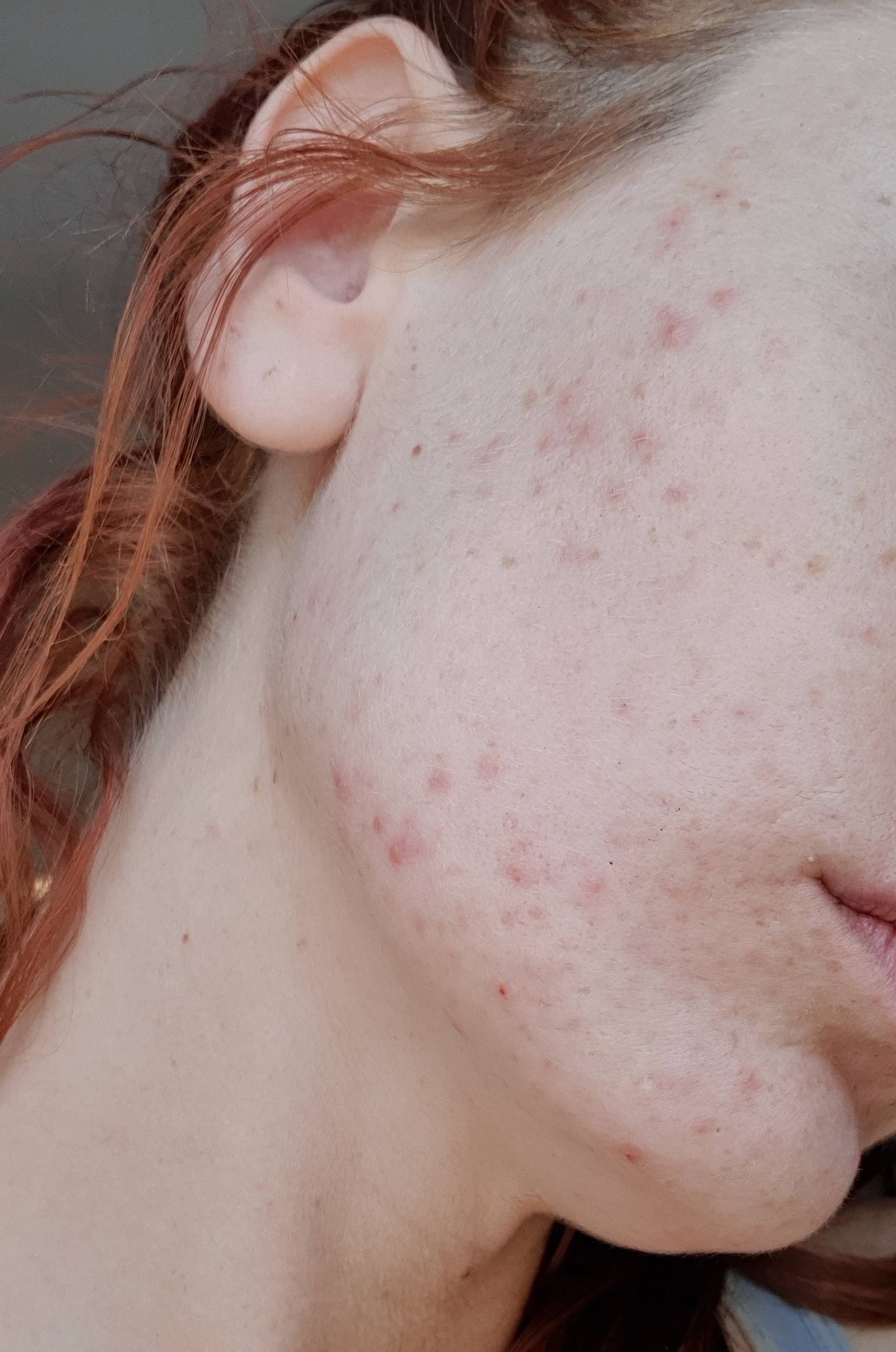
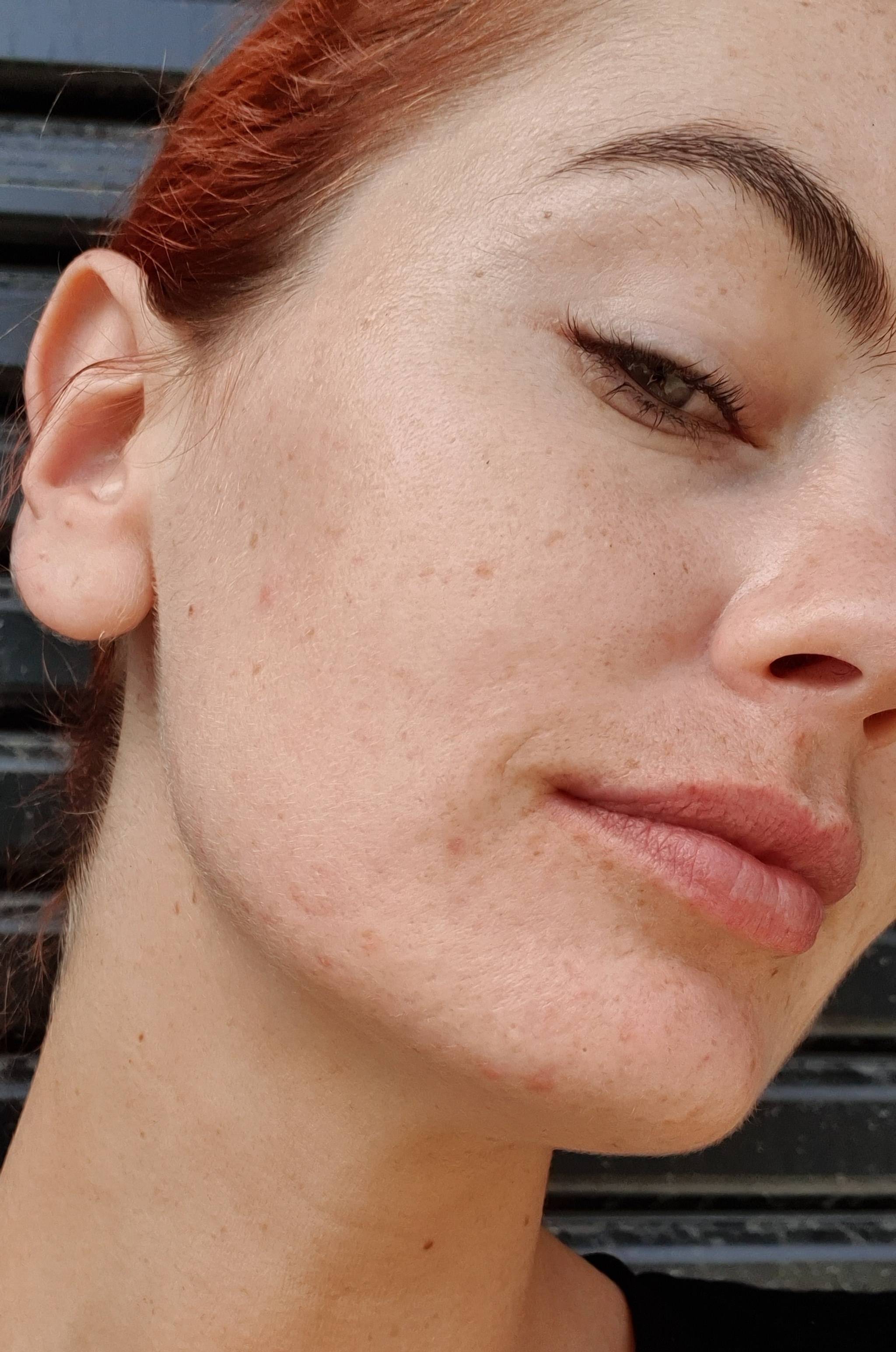
.jpg%3Fv%3D0&c_options=w_2048)
.jpg%3Fv%3D0&c_options=w_2048)
.jpg%3Fv%3D0&c_options=w_2048)
.jpg%3Fv%3D0&c_options=w_2048)


.jpg%3Fv%3D0&c_options=w_2048)
.jpg%3Fv%3D0&c_options=w_2048)
